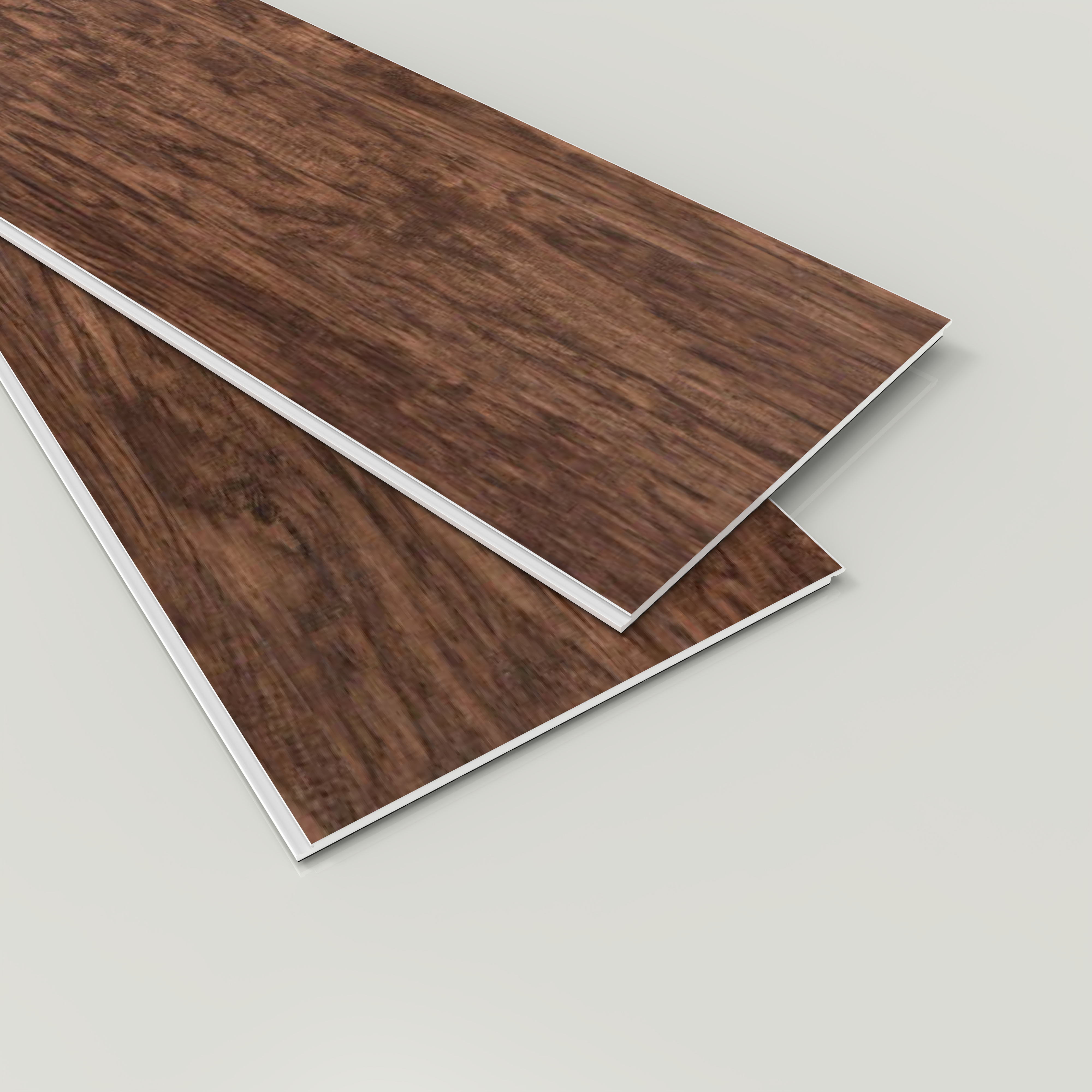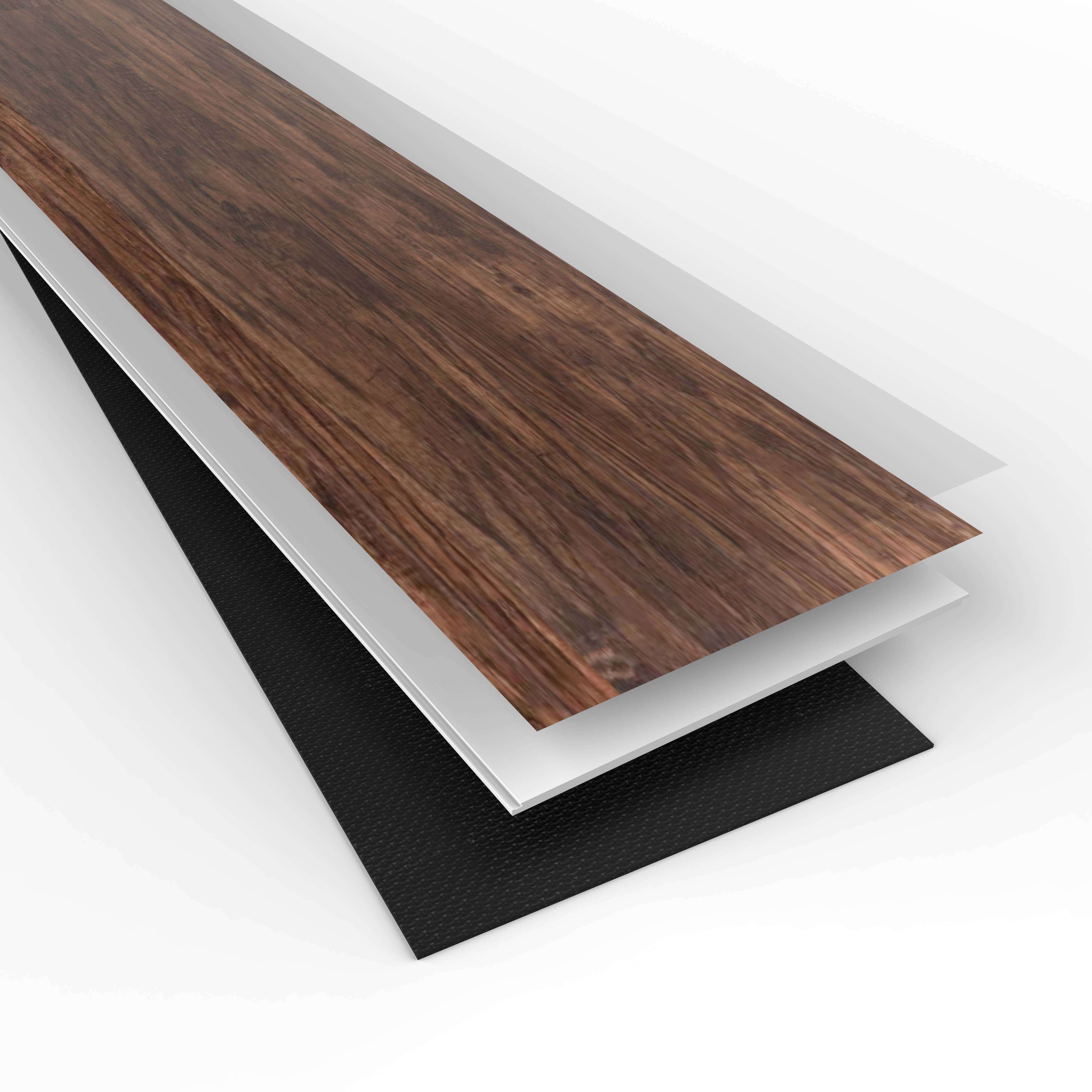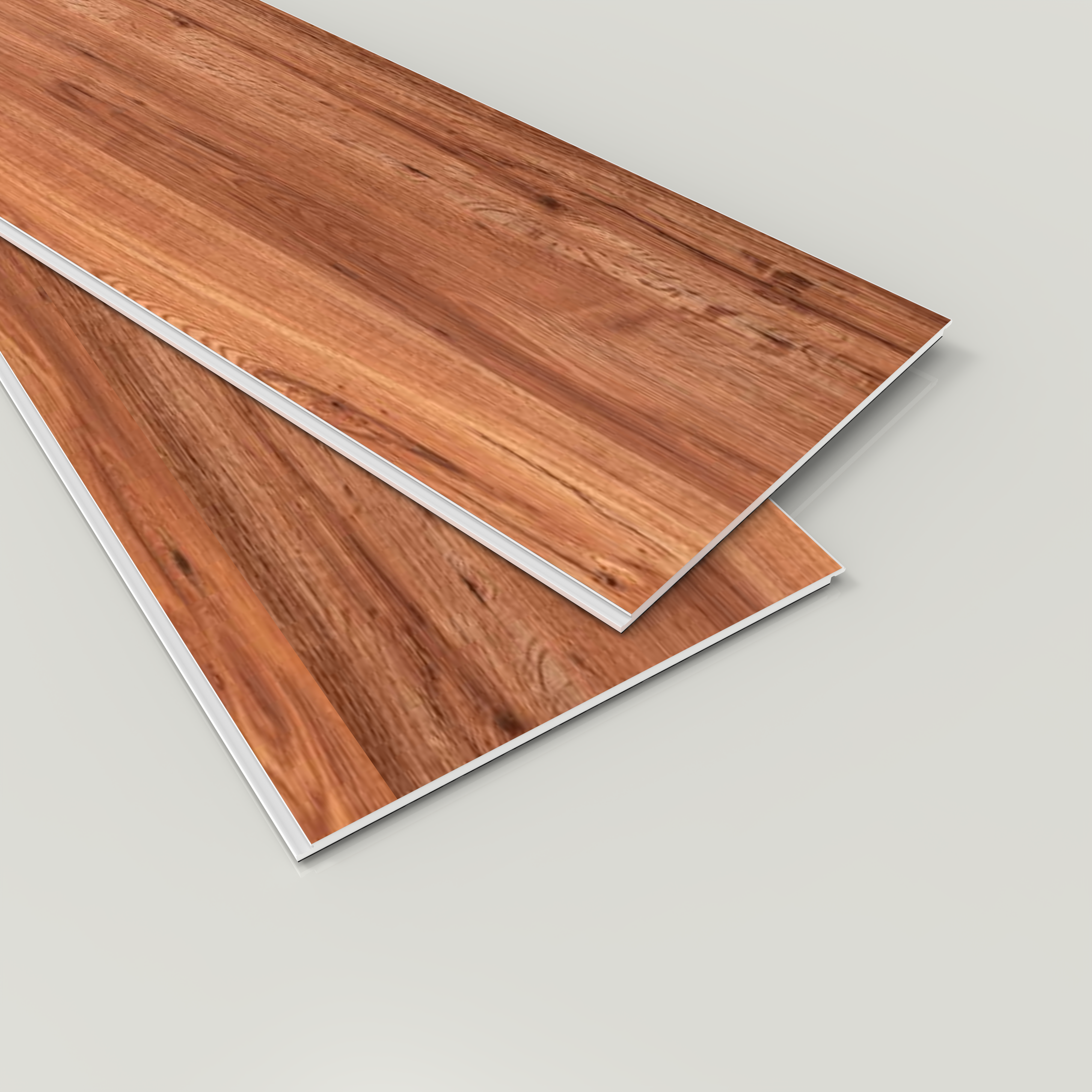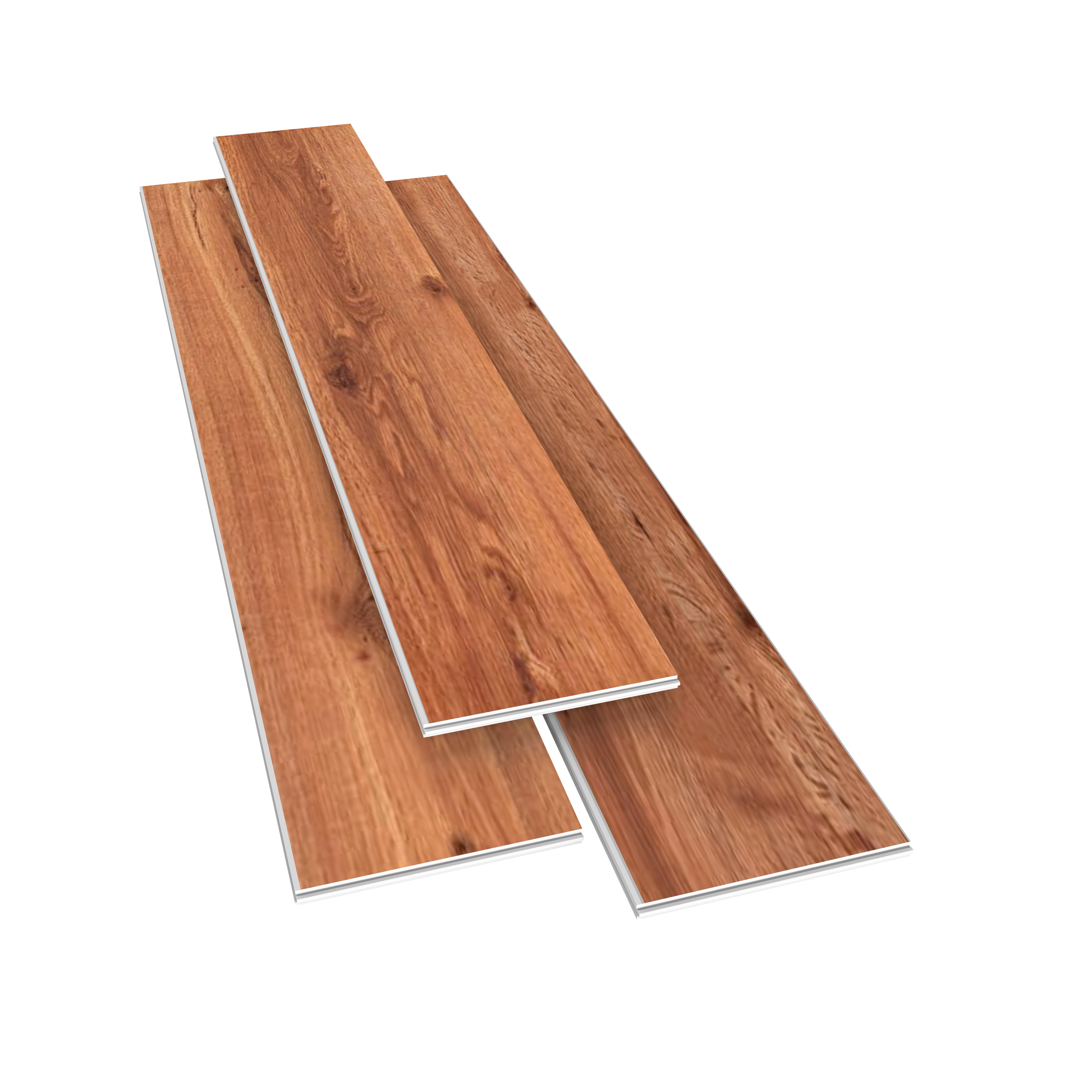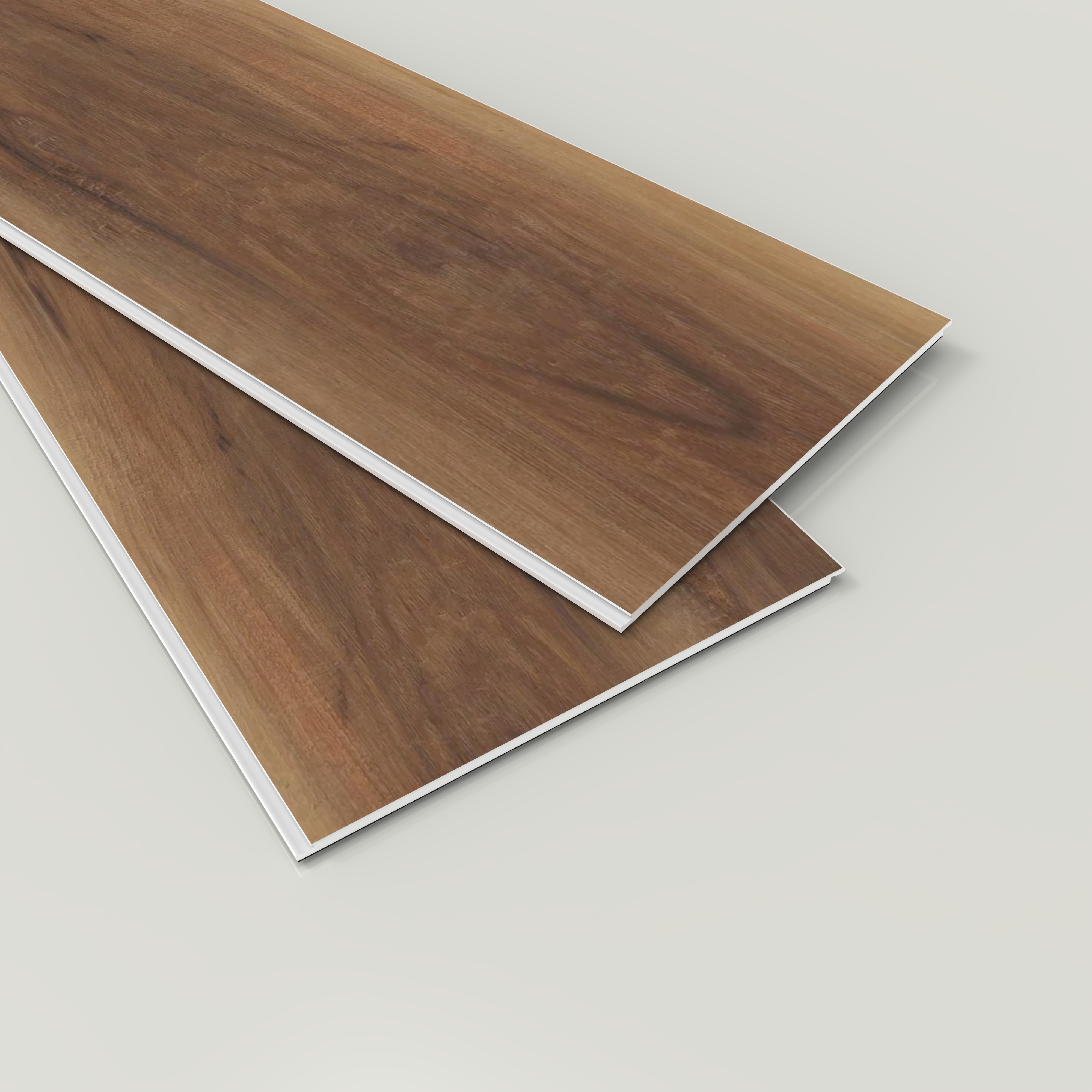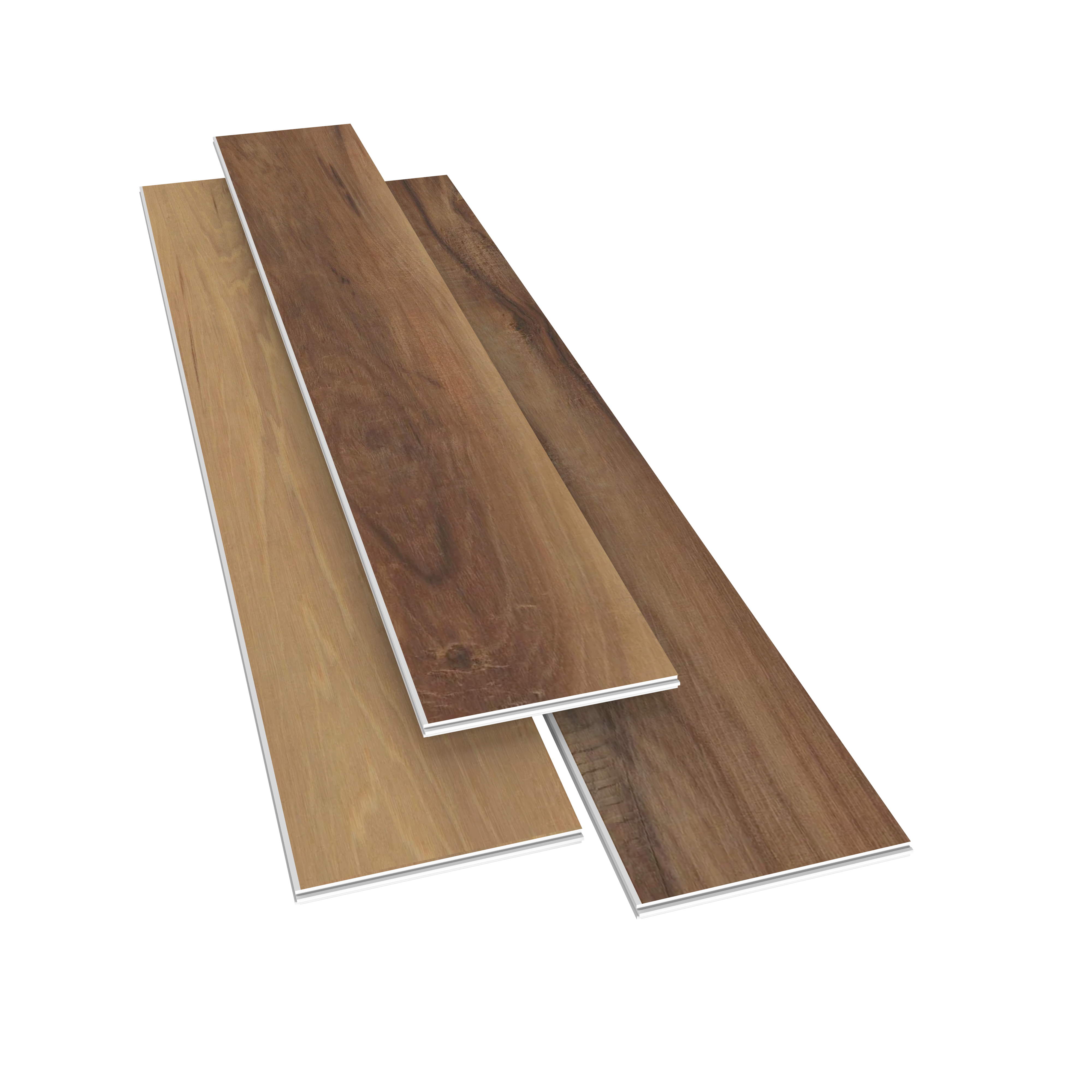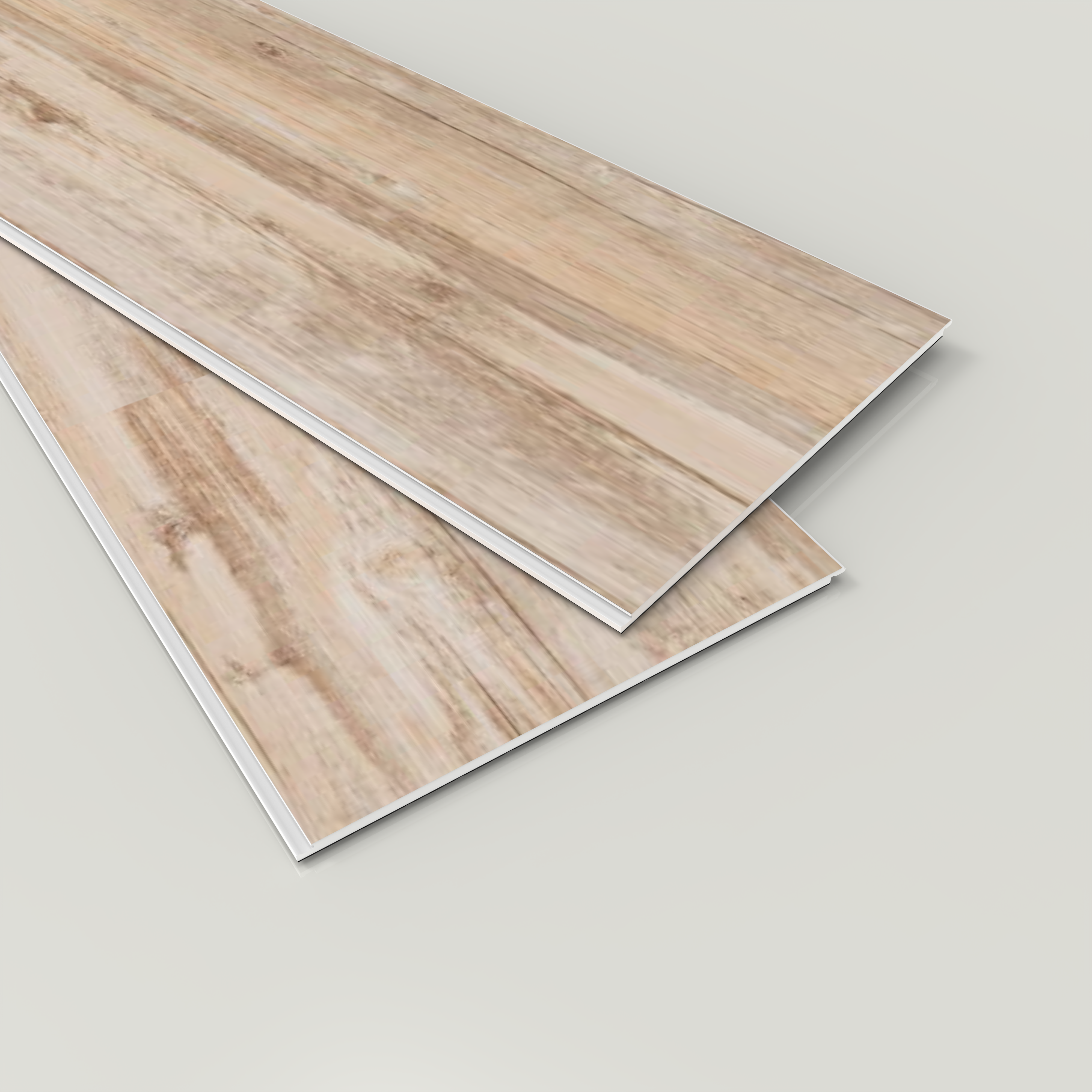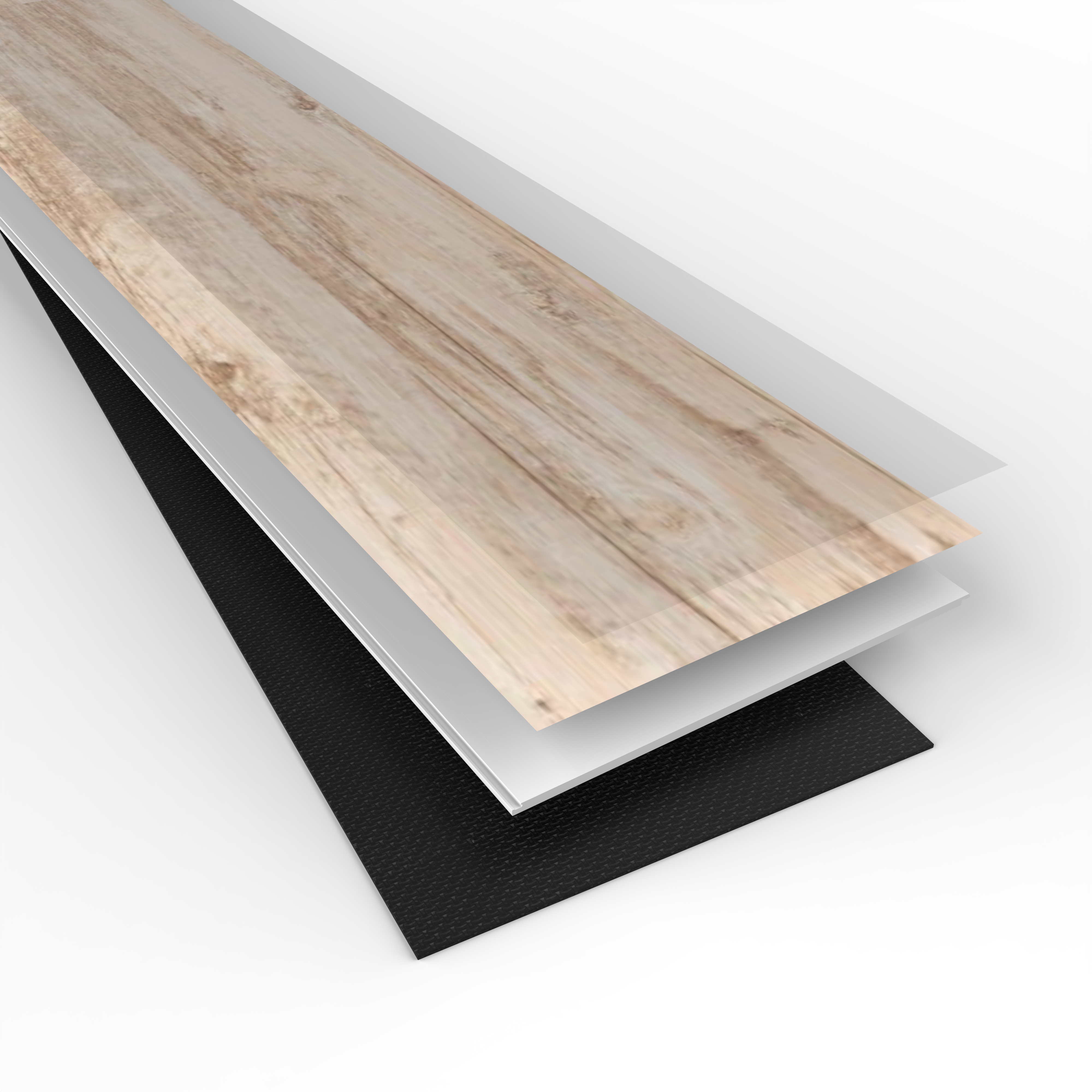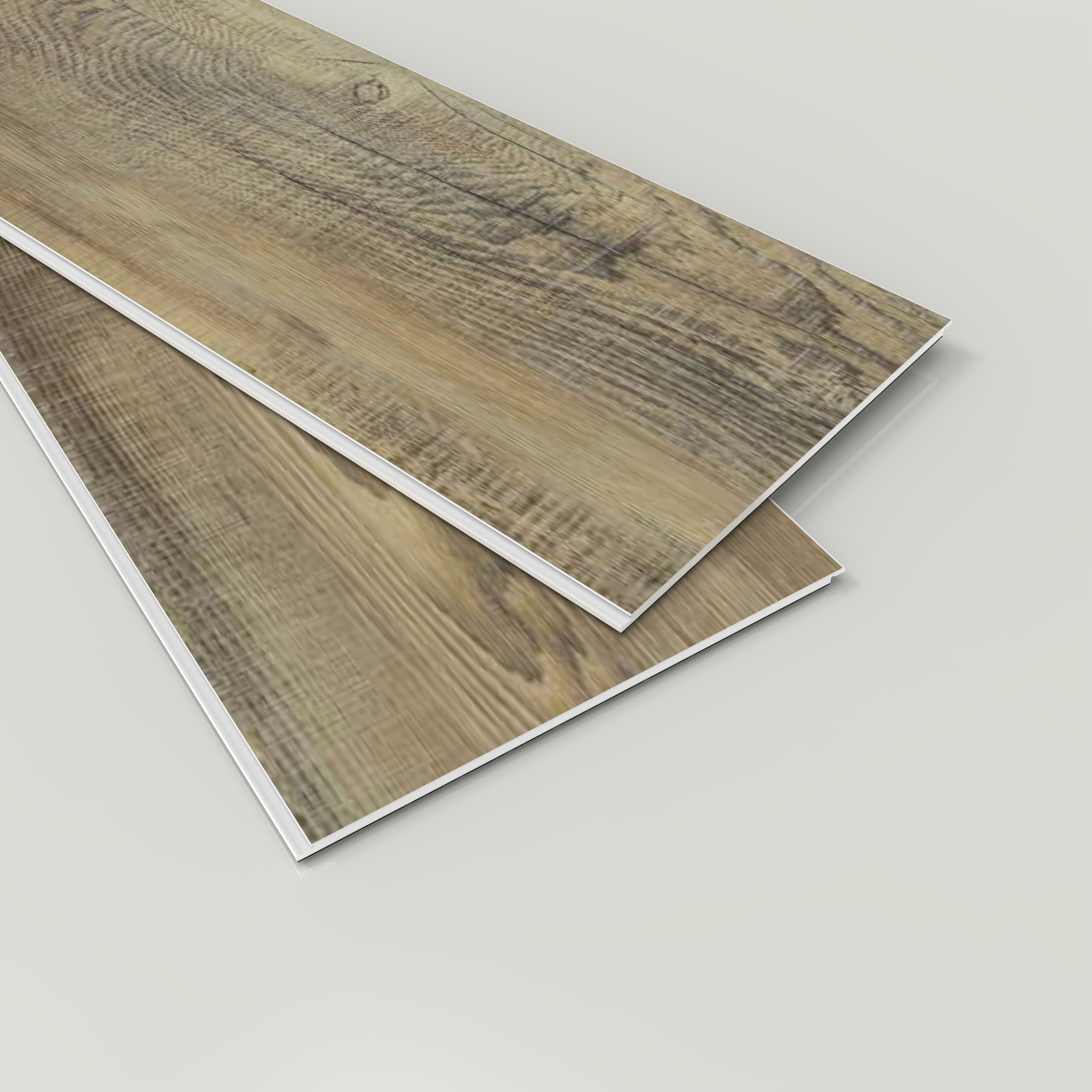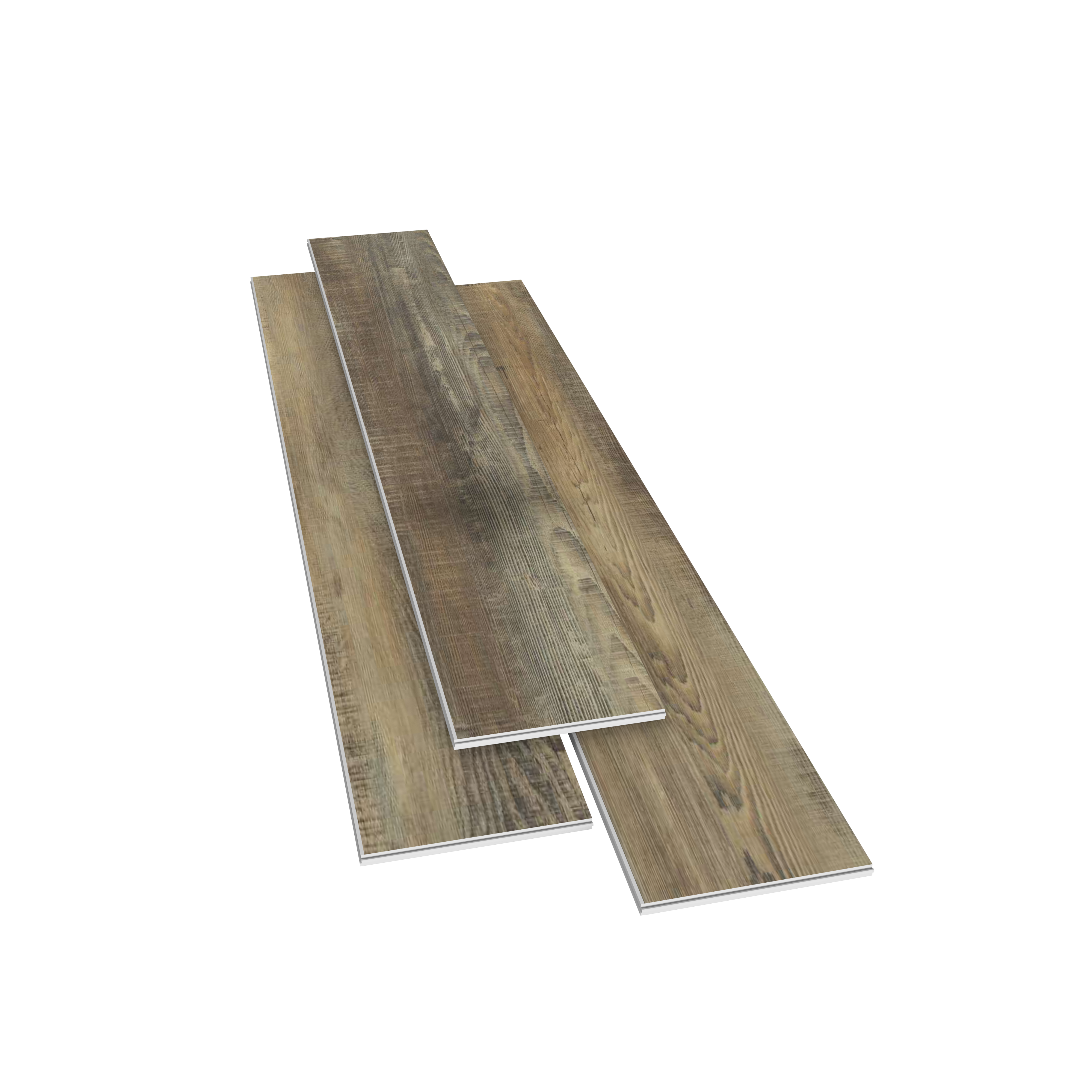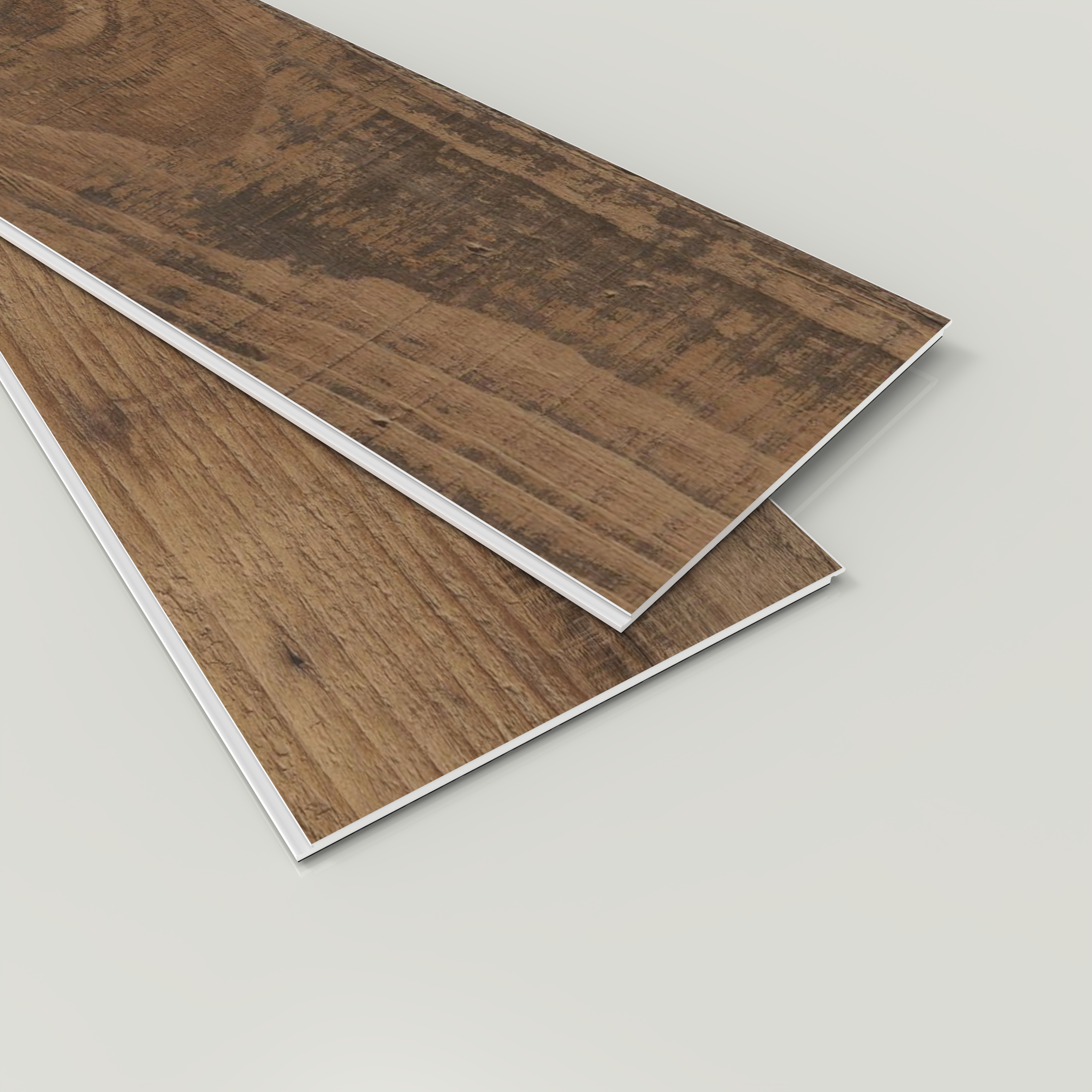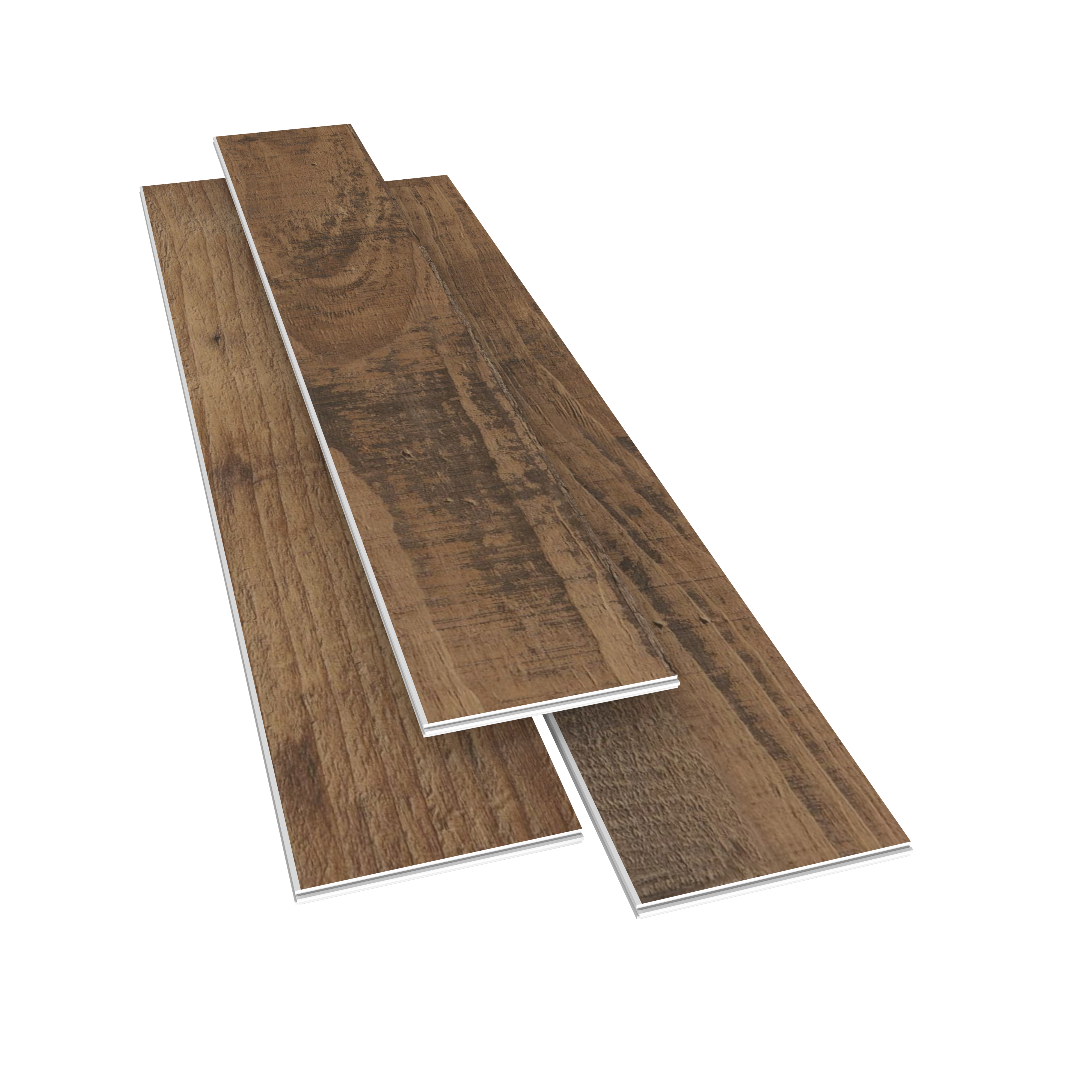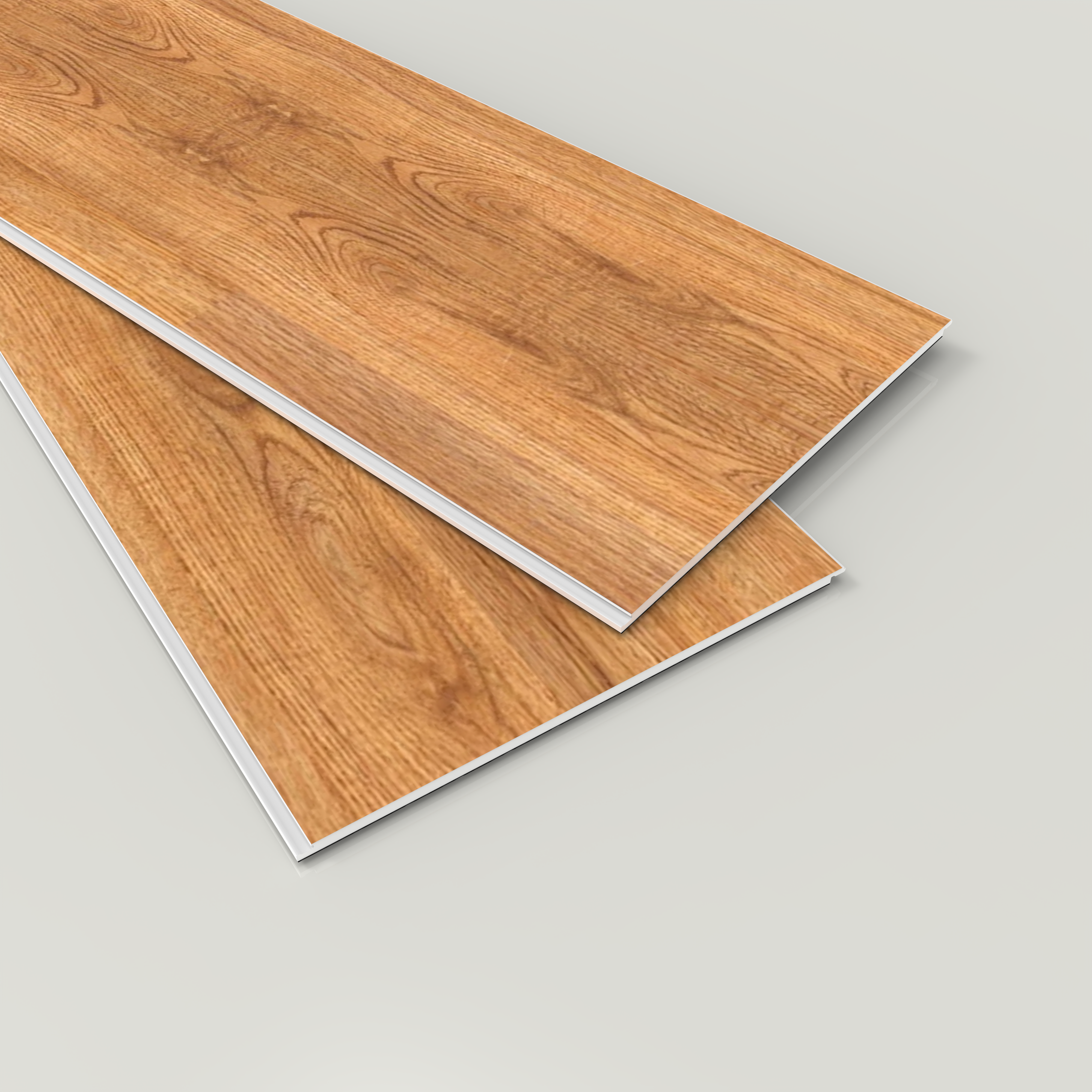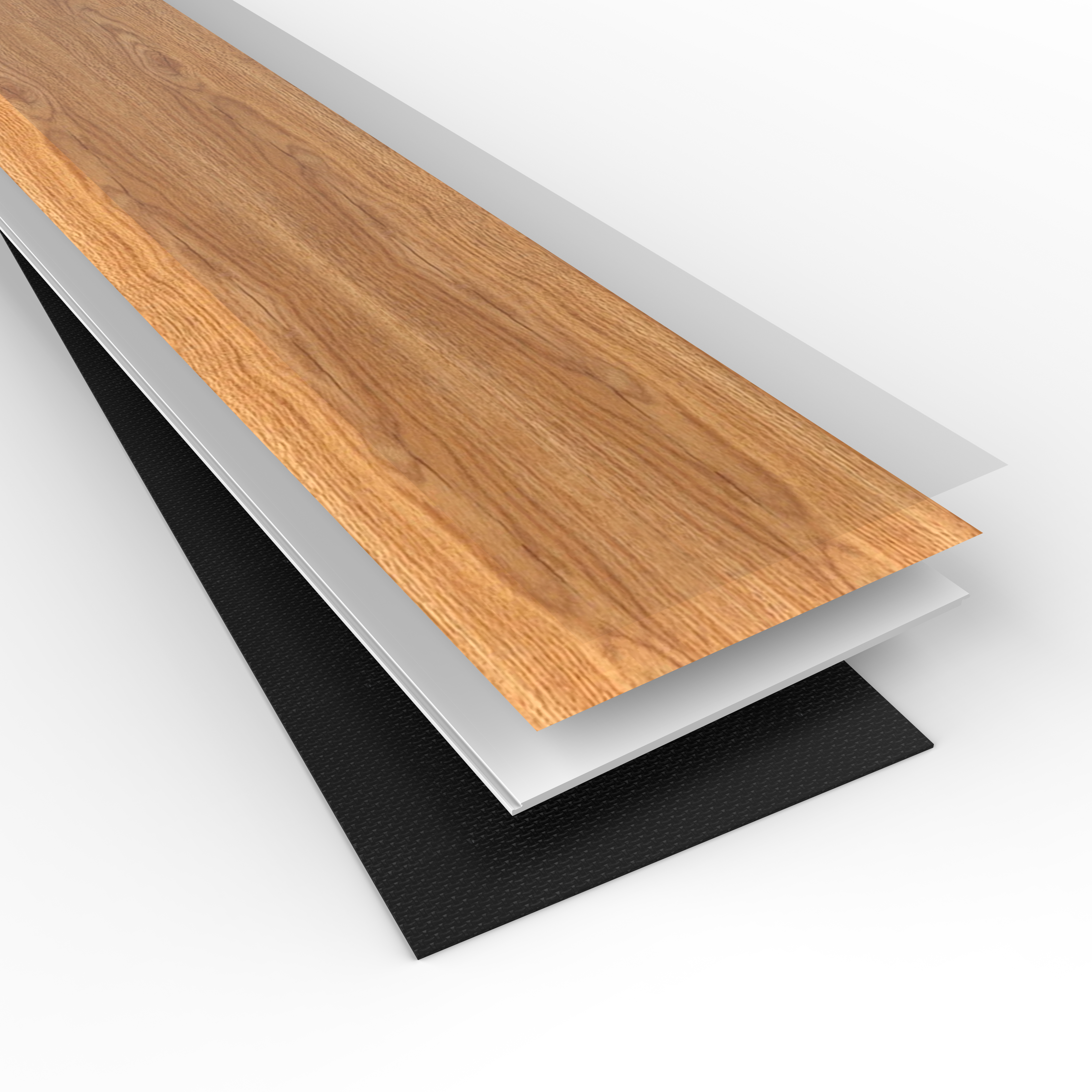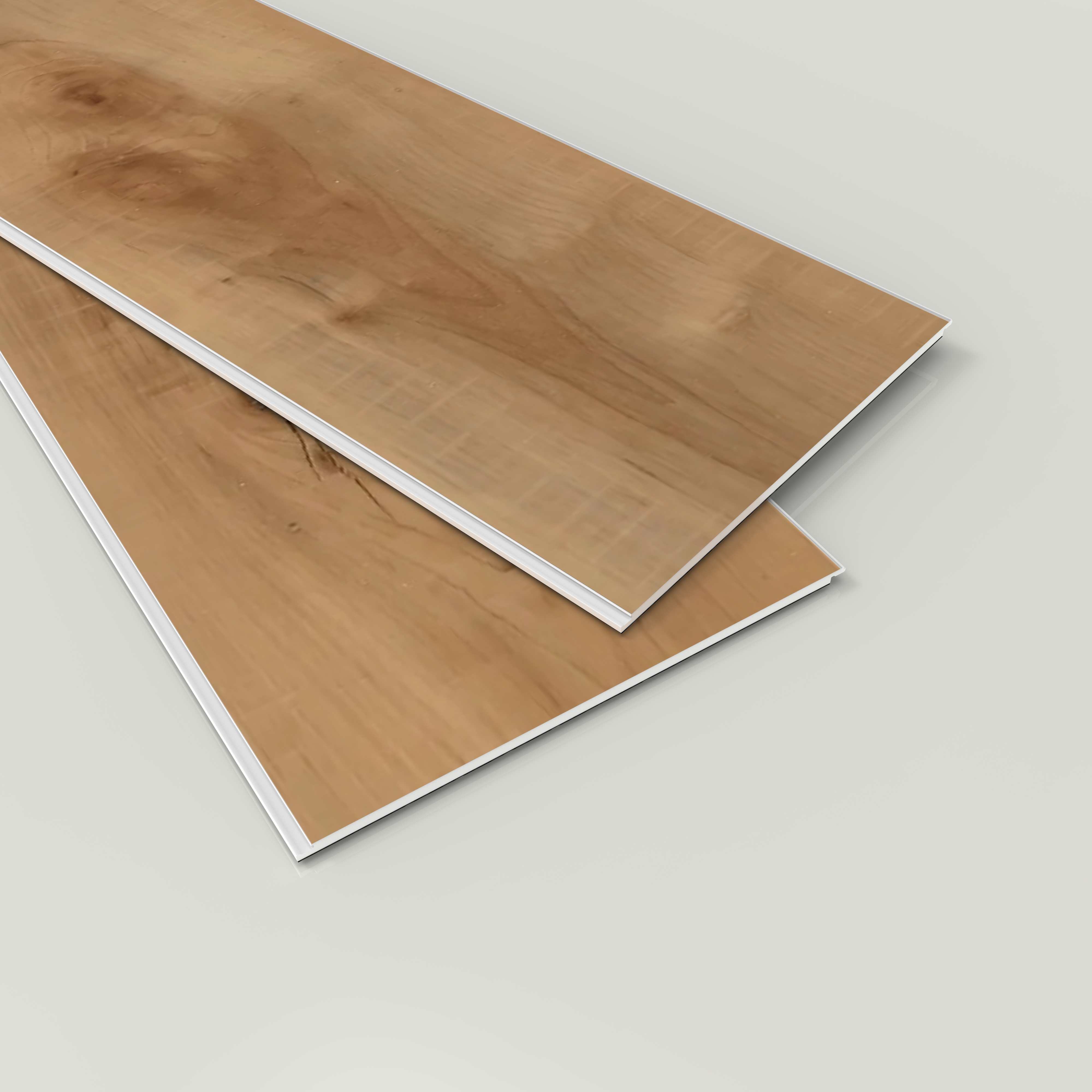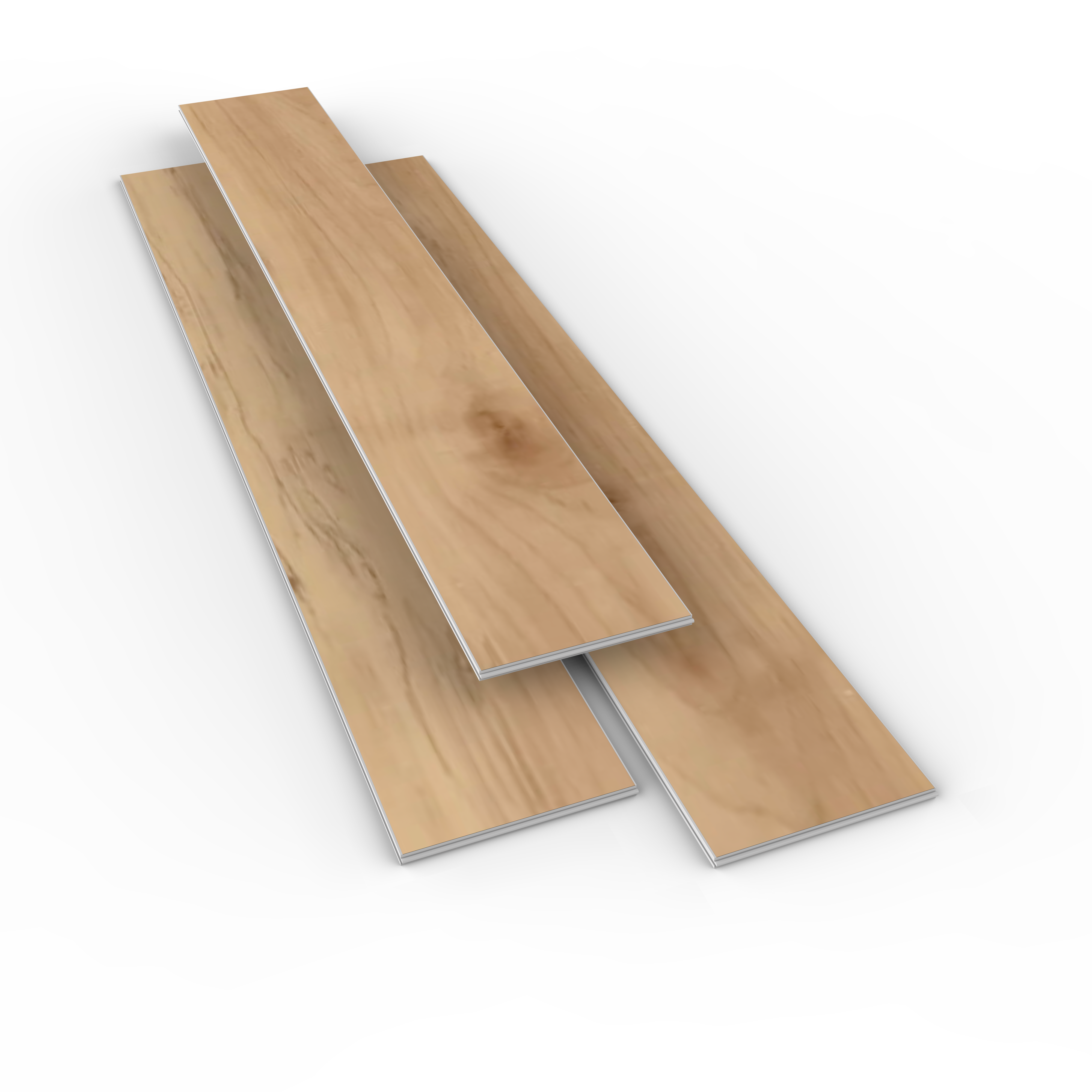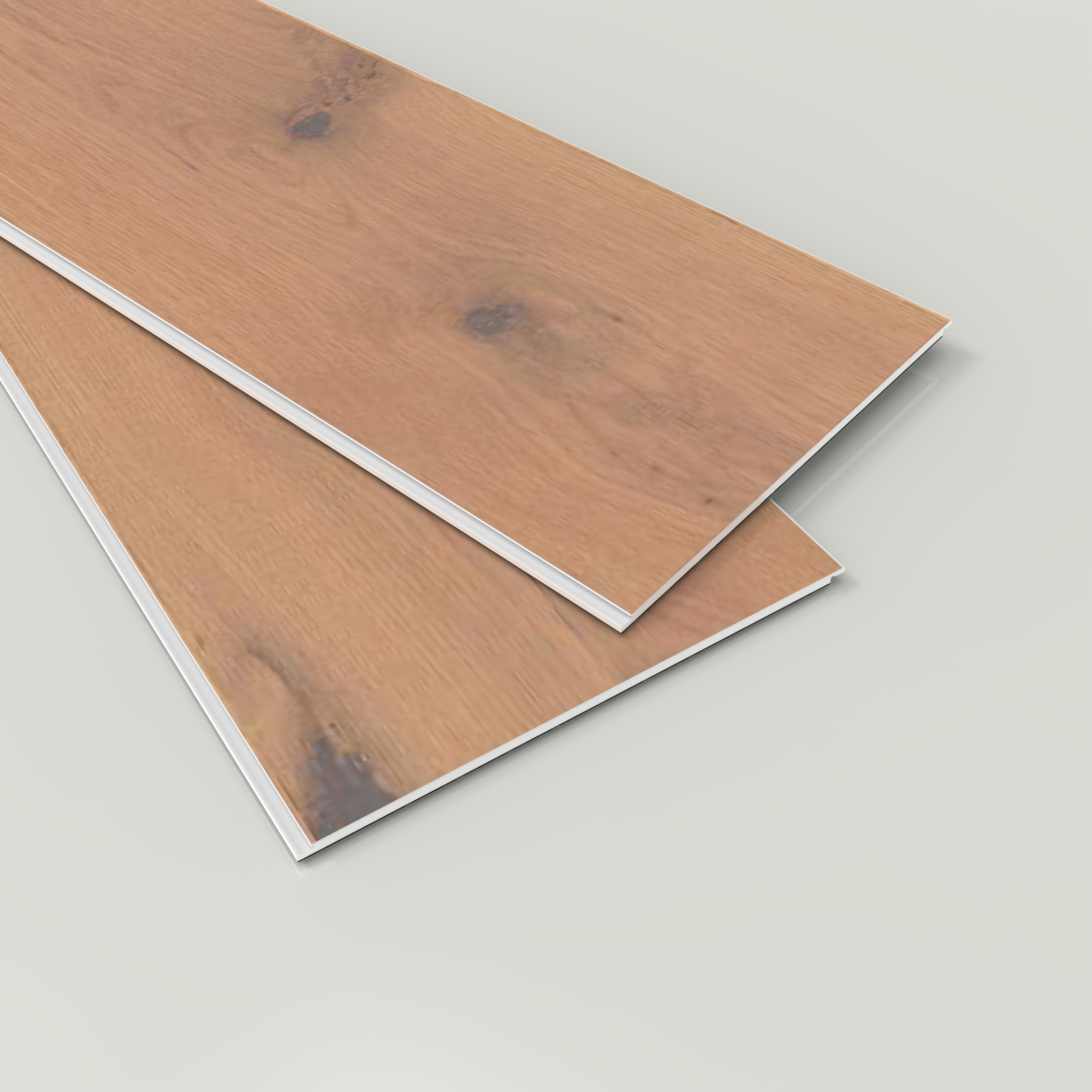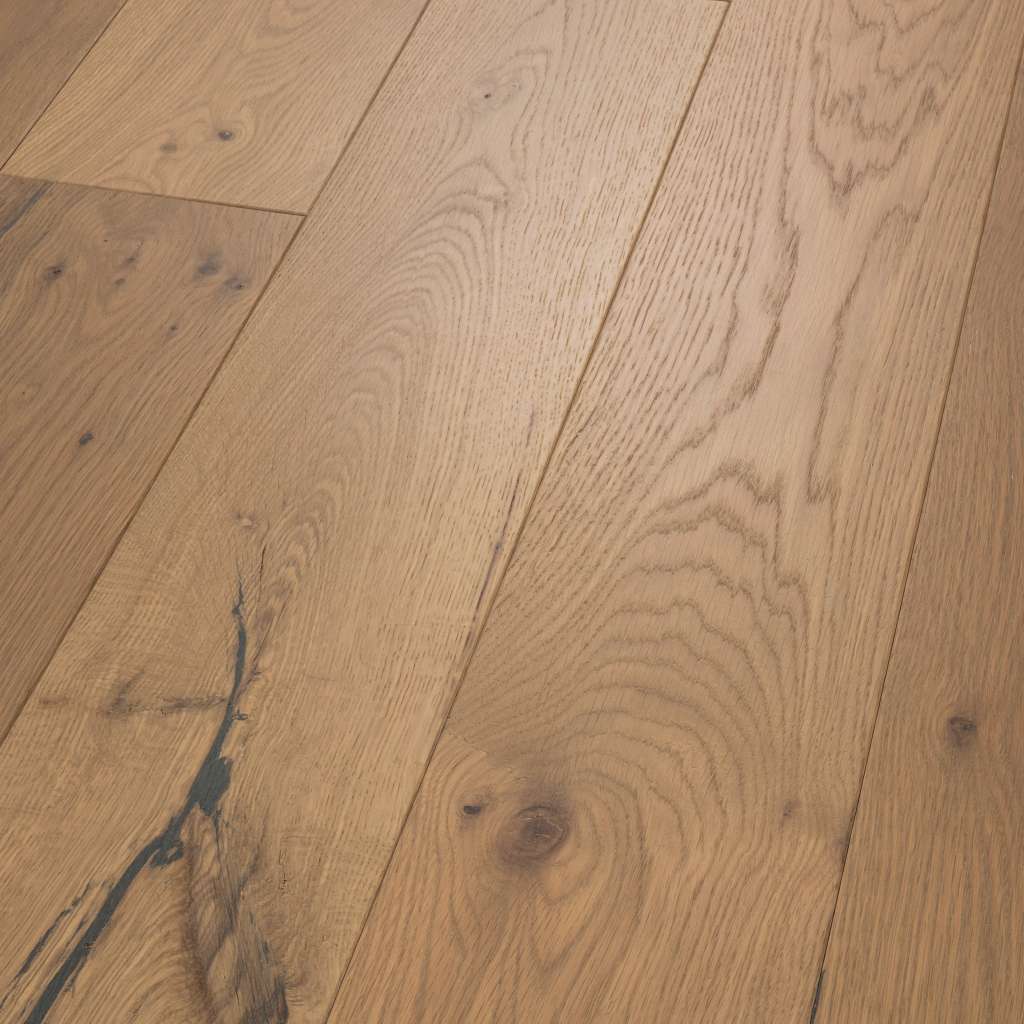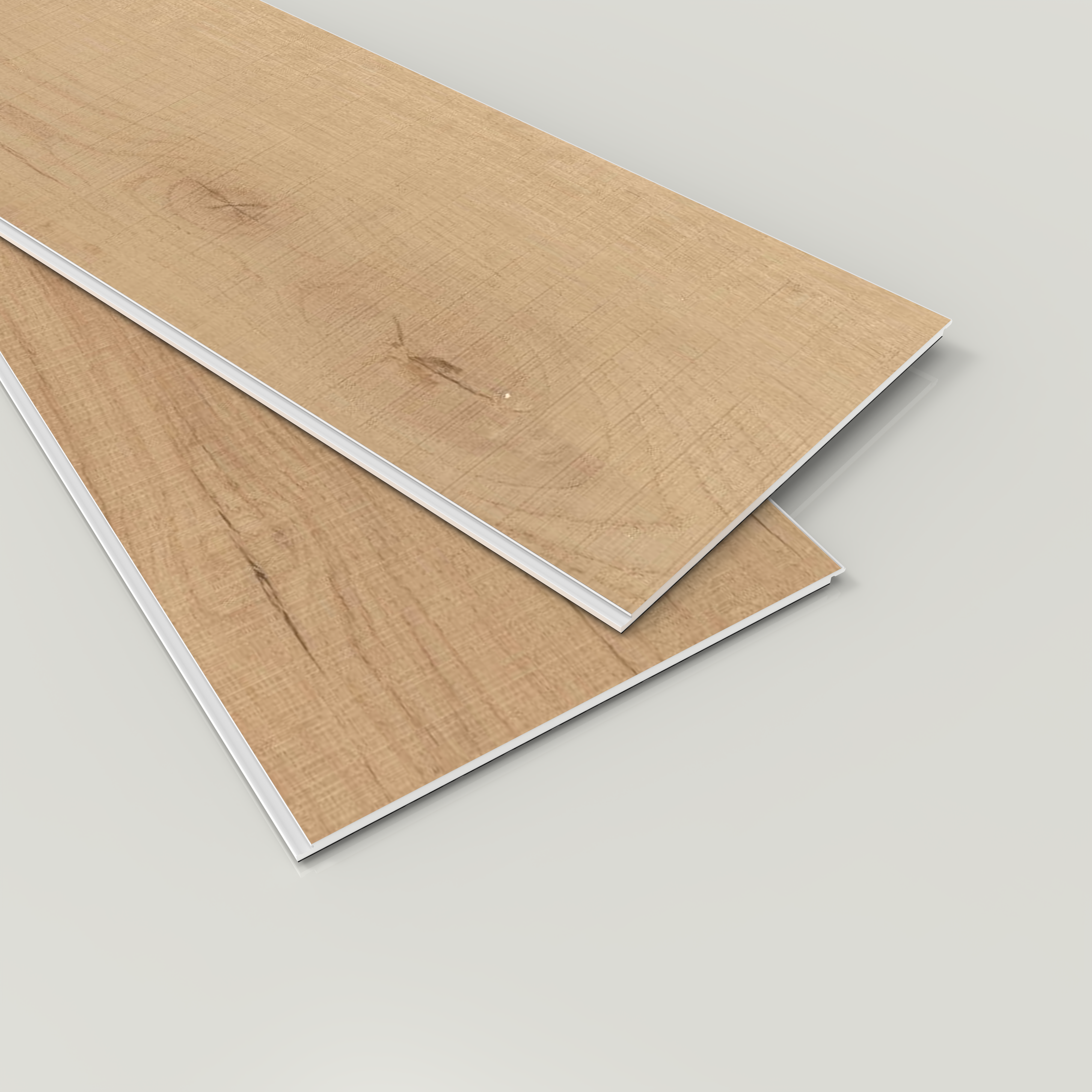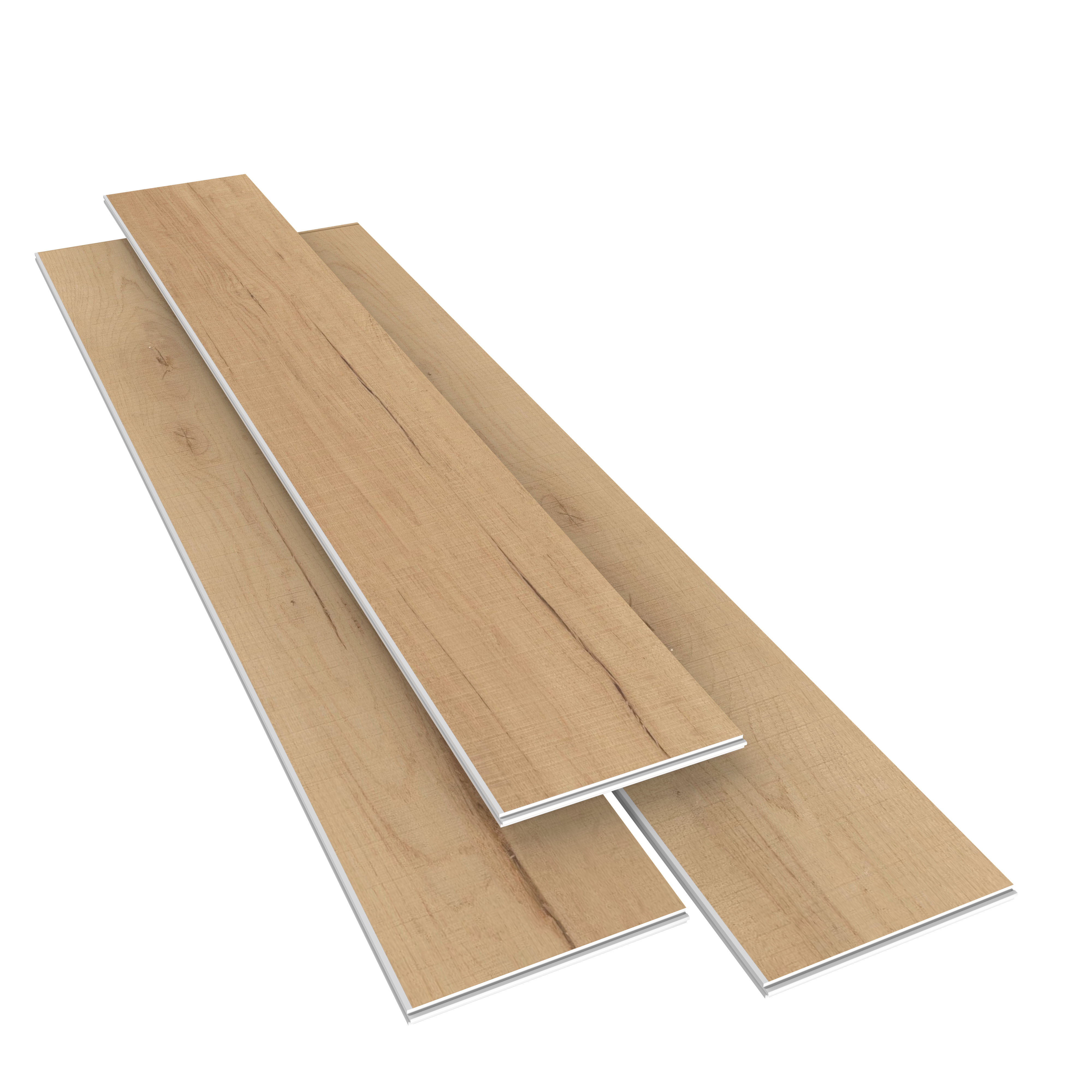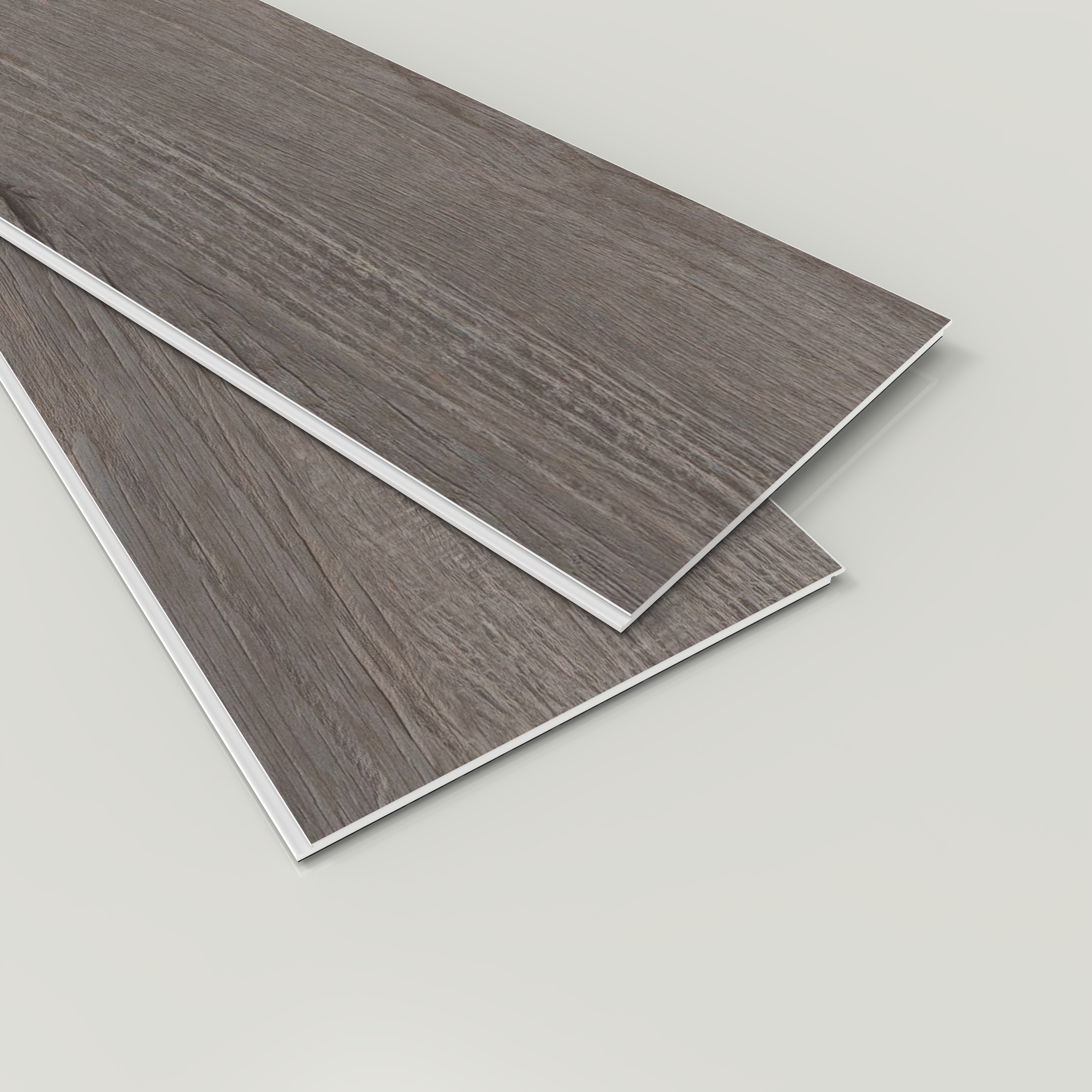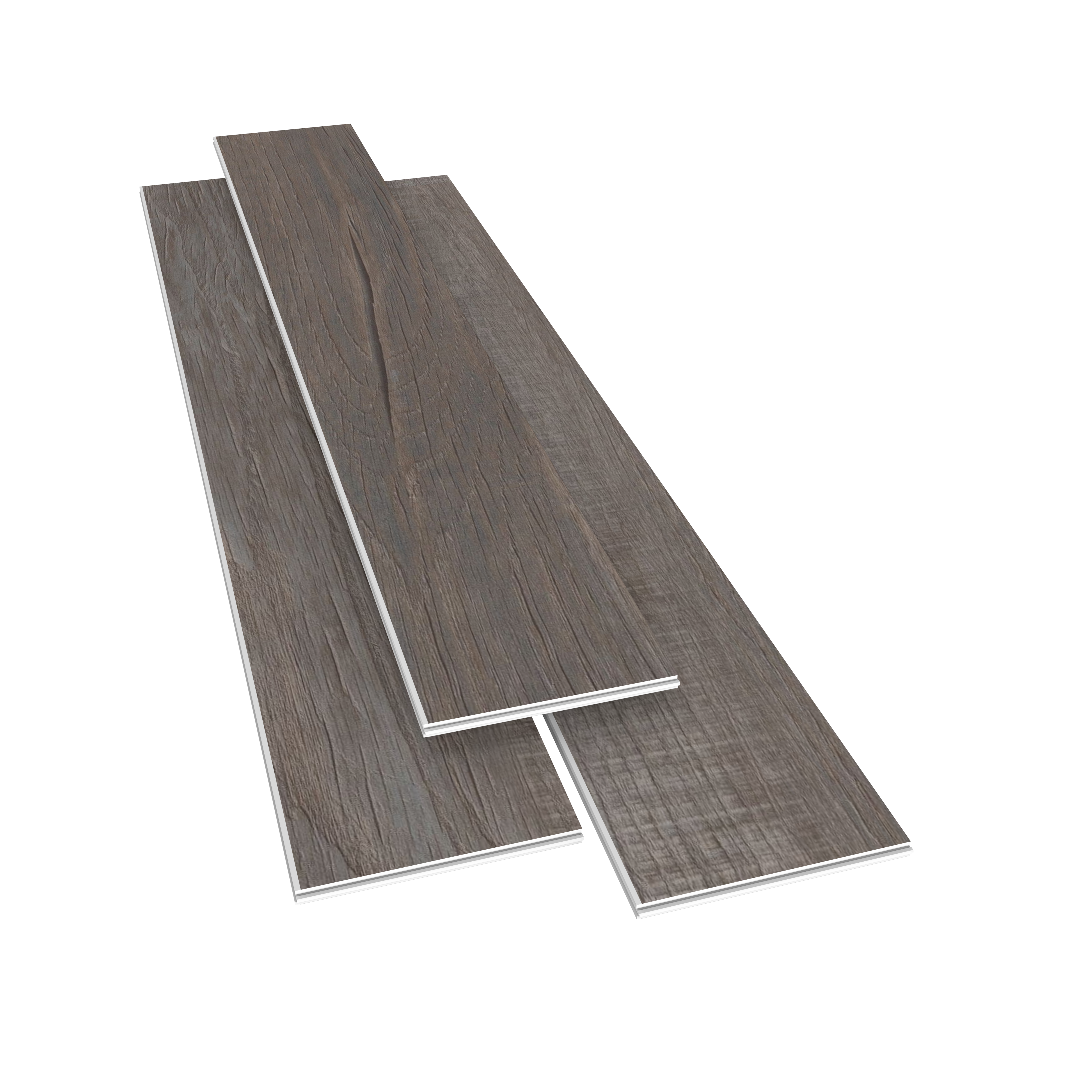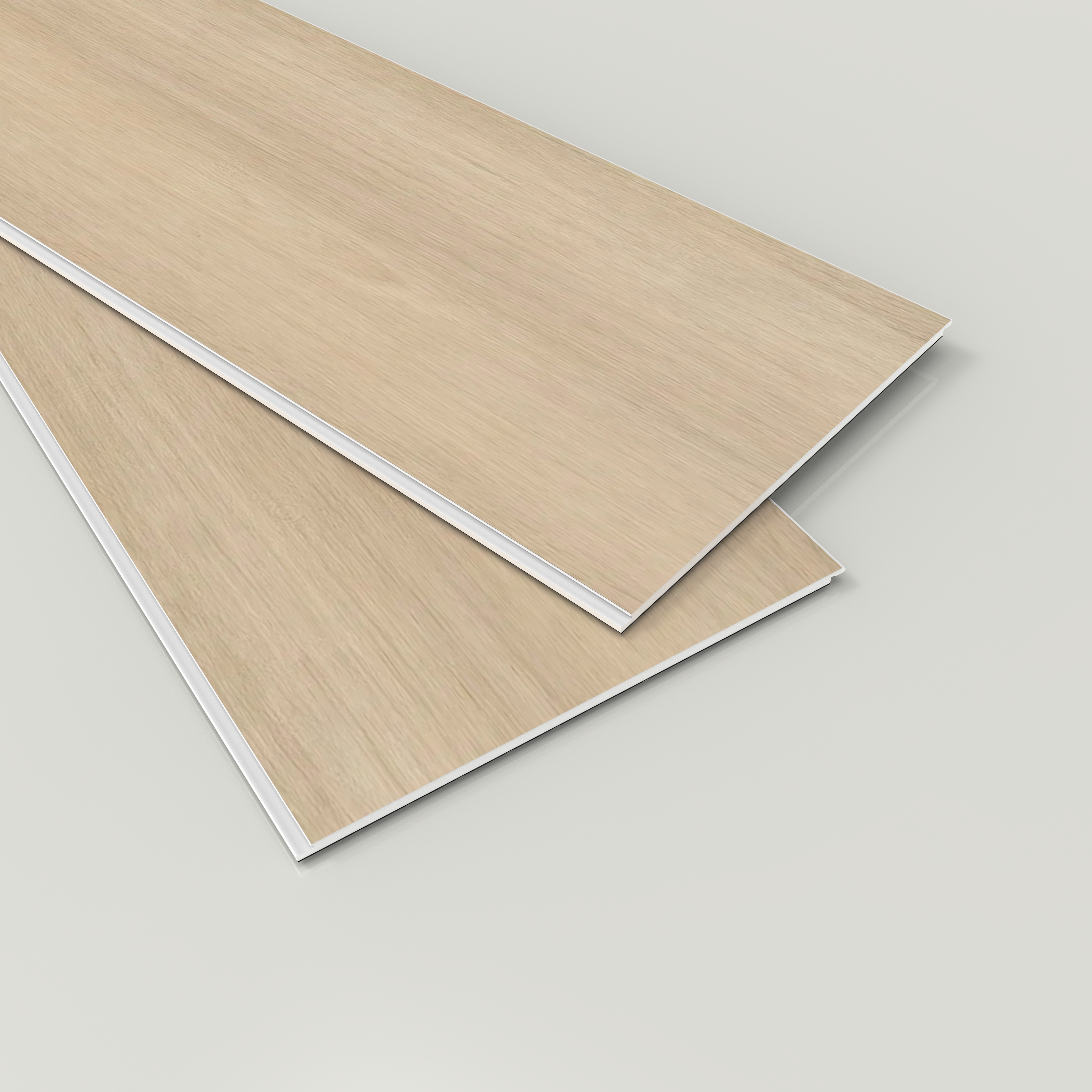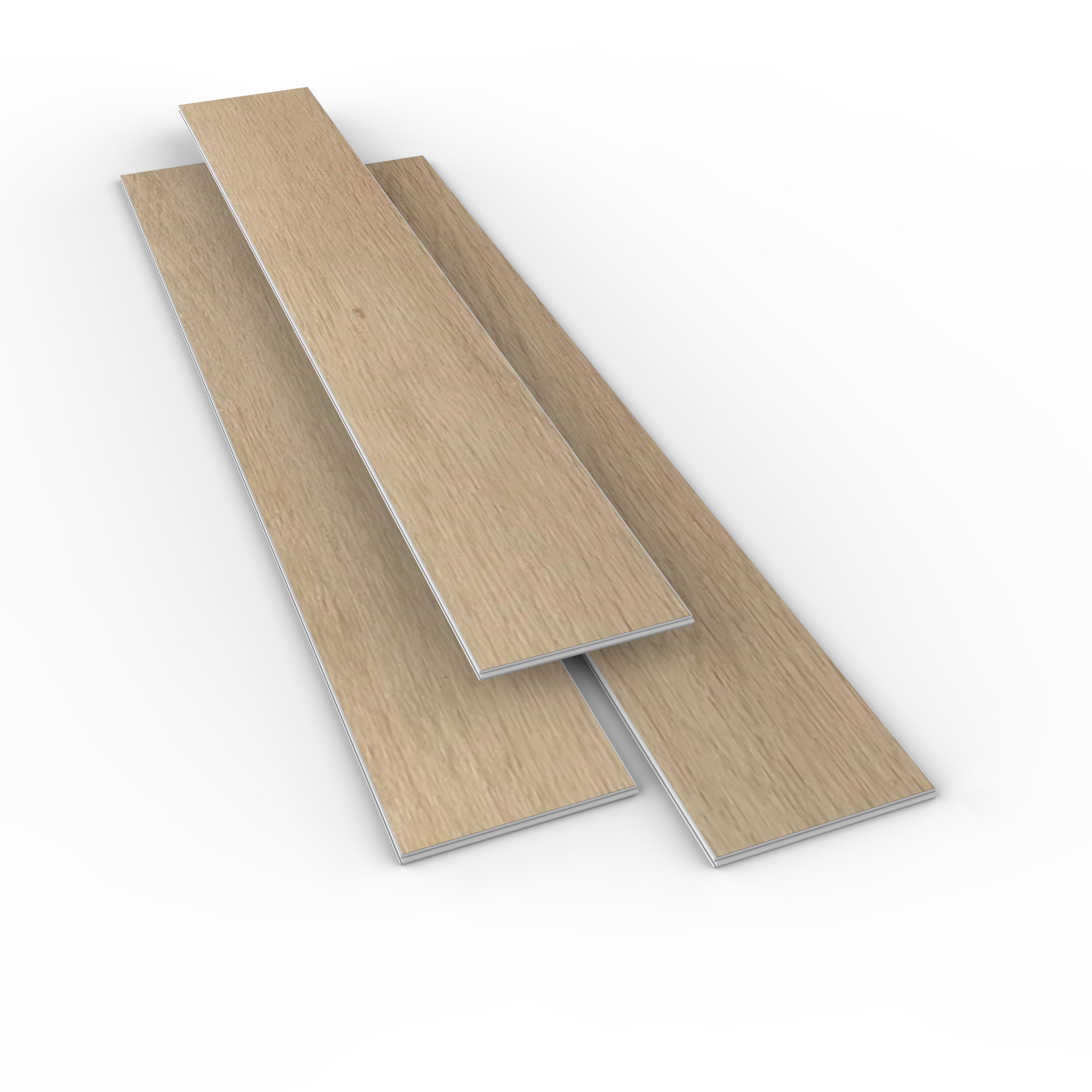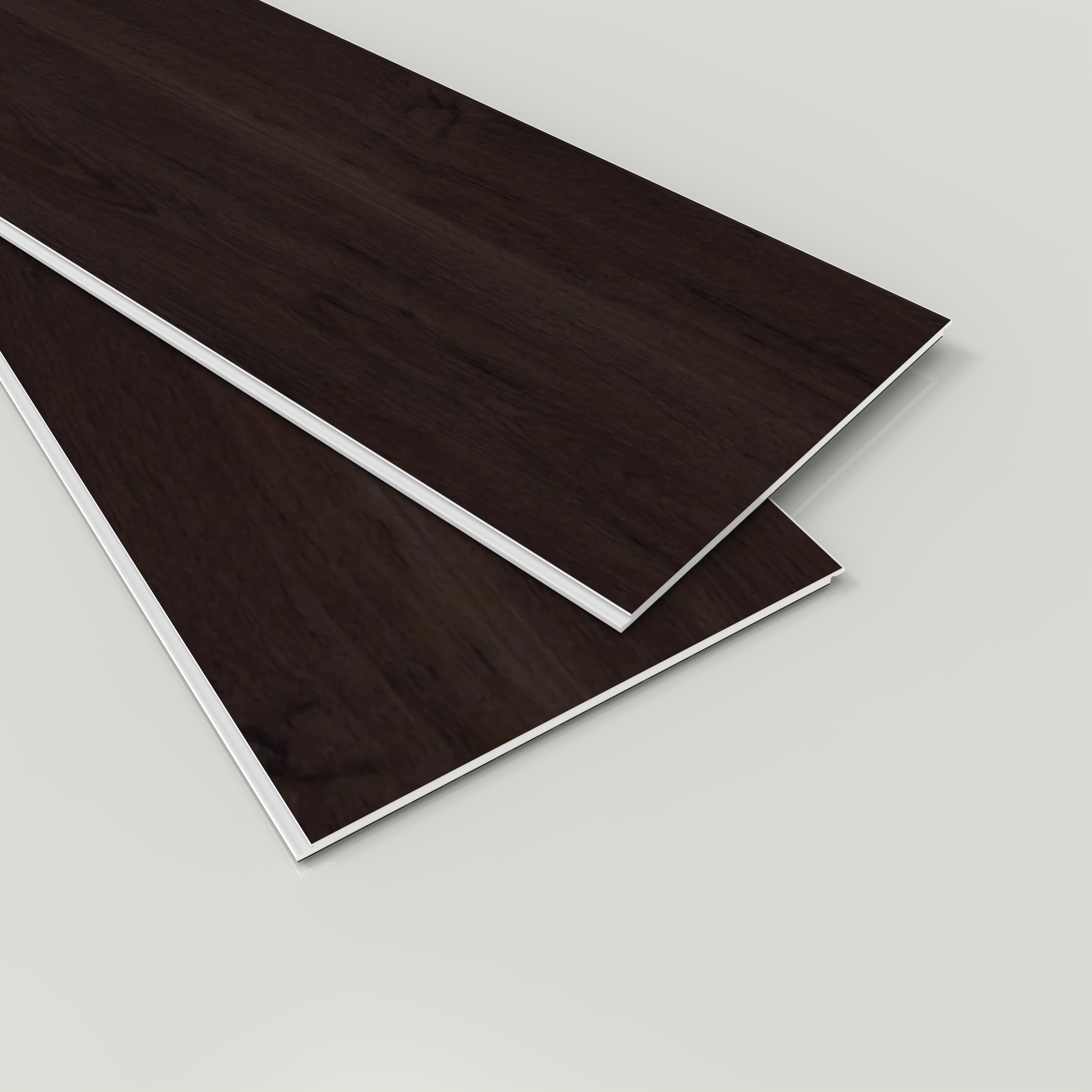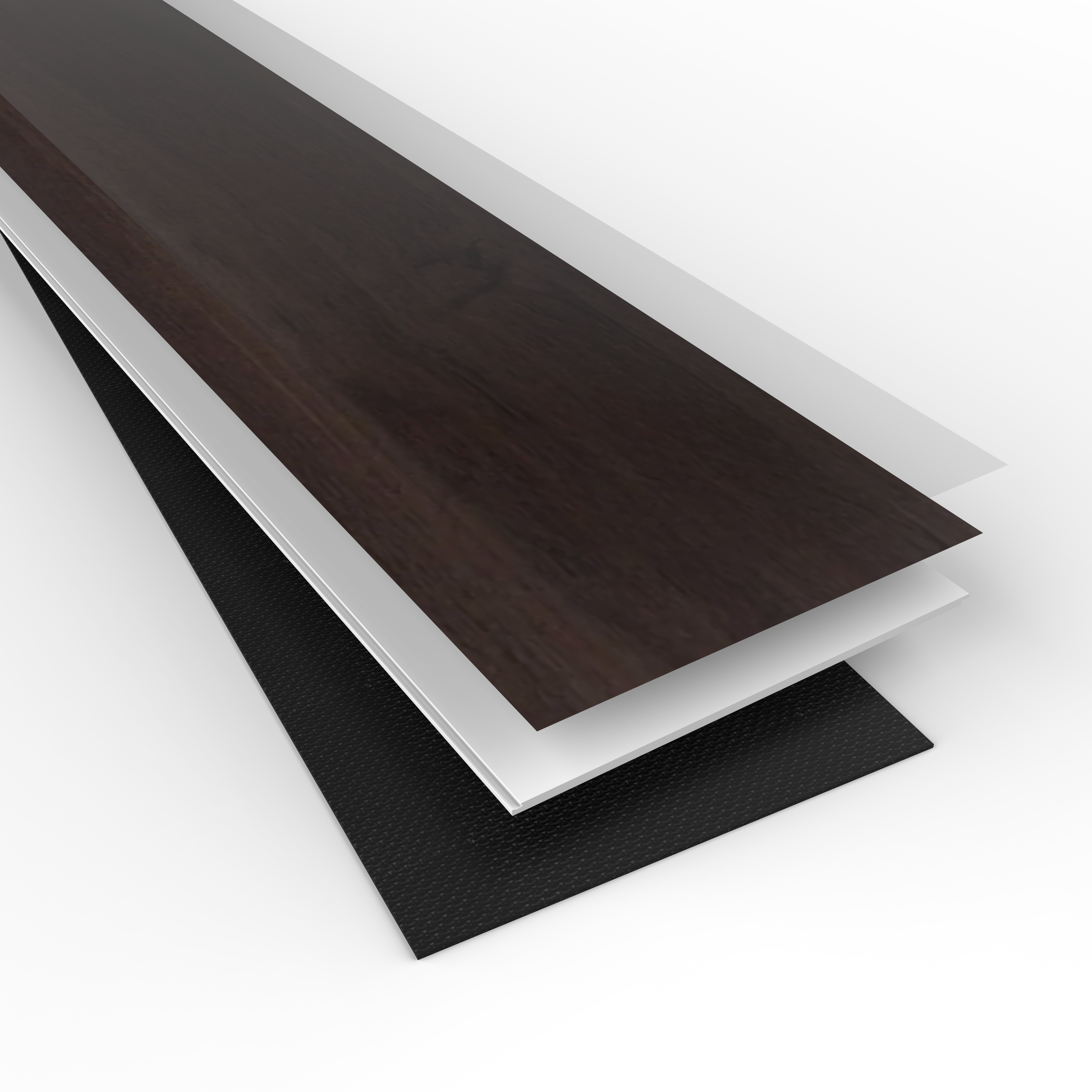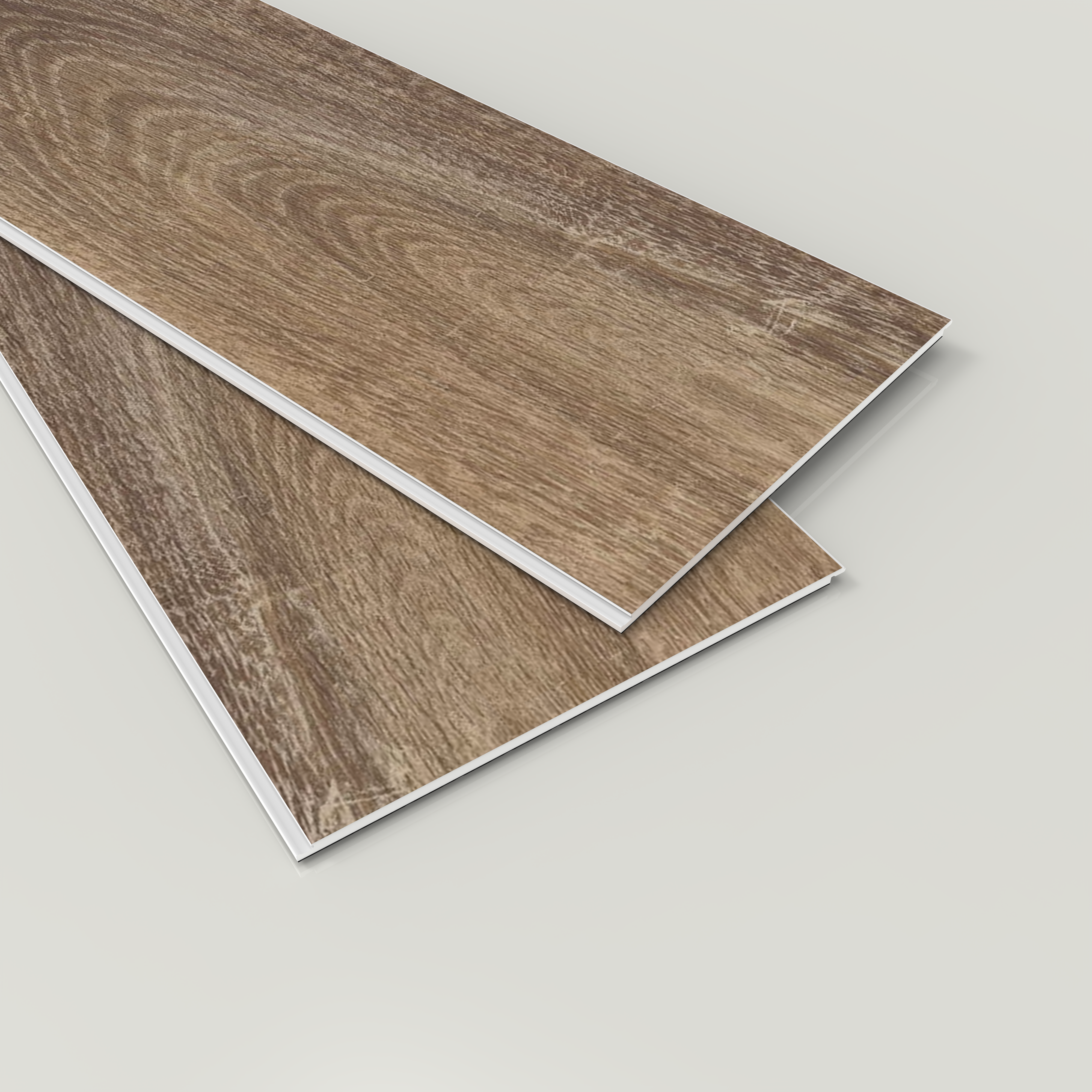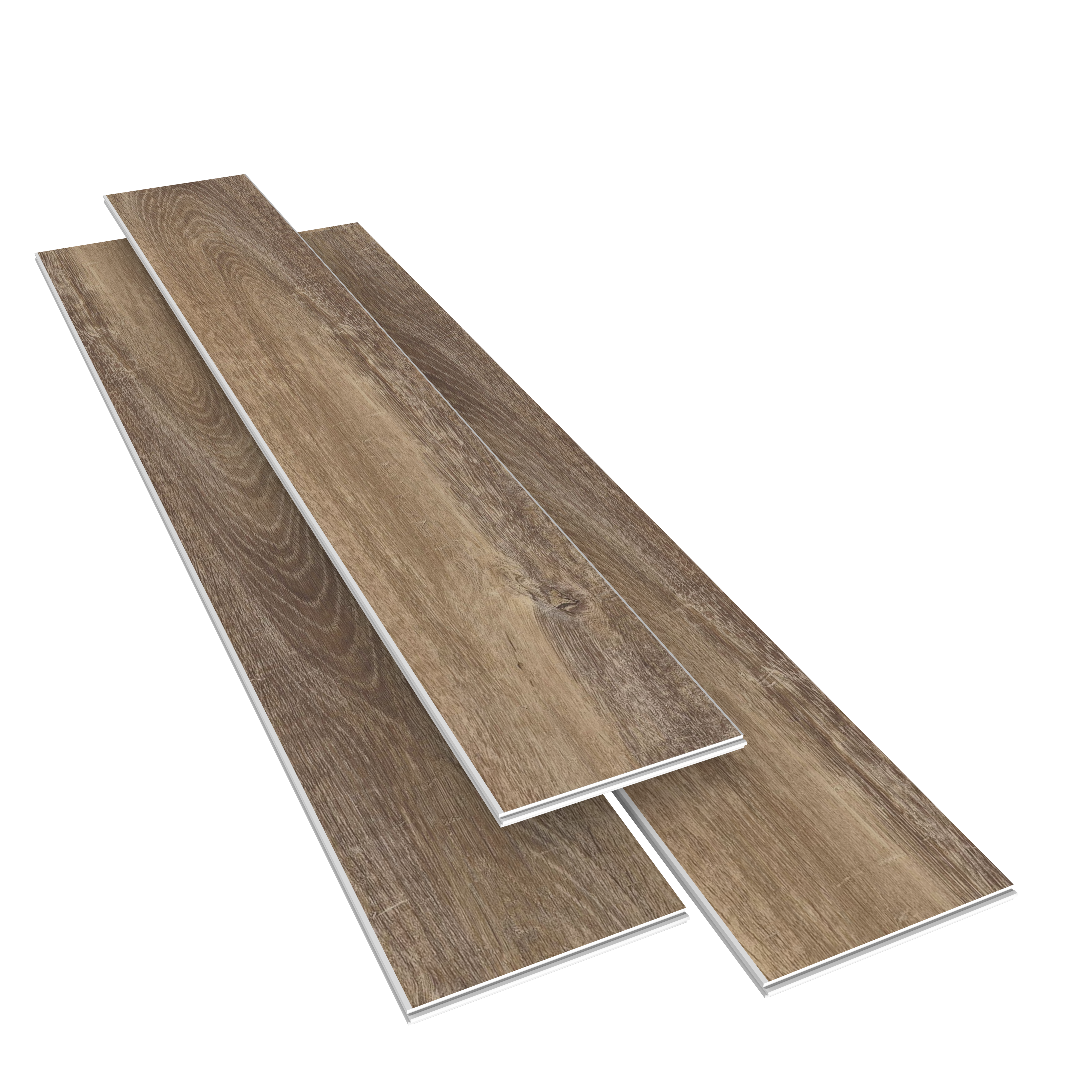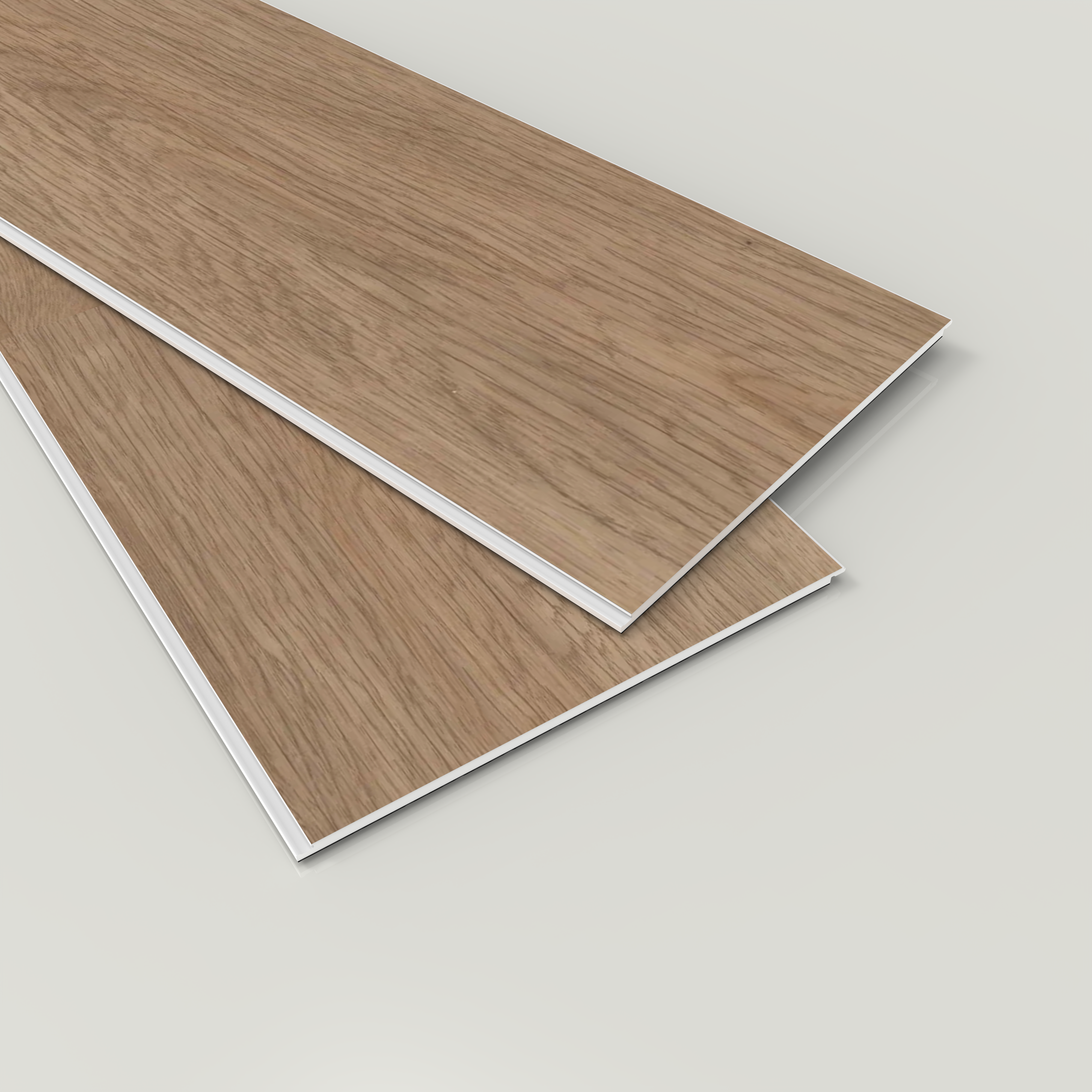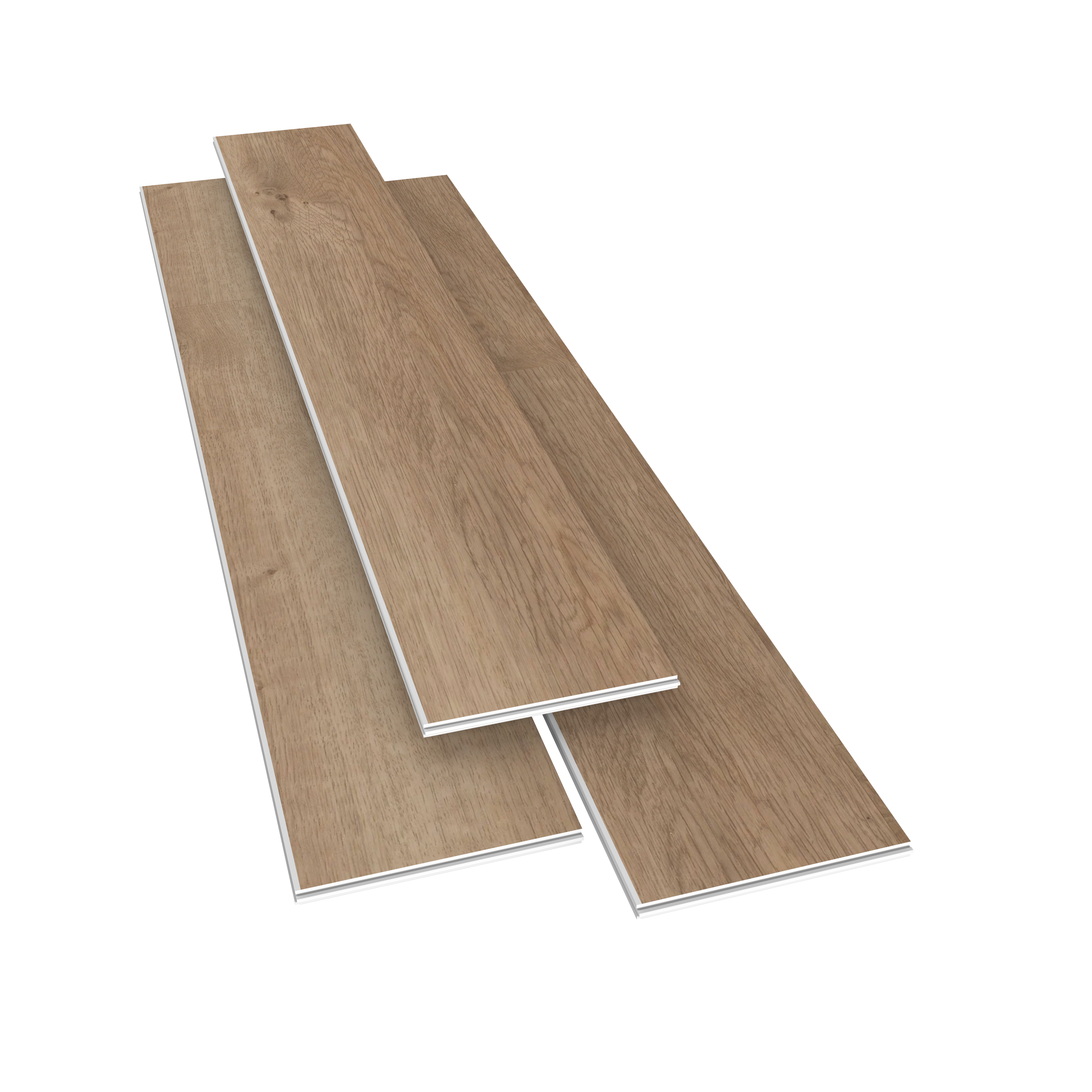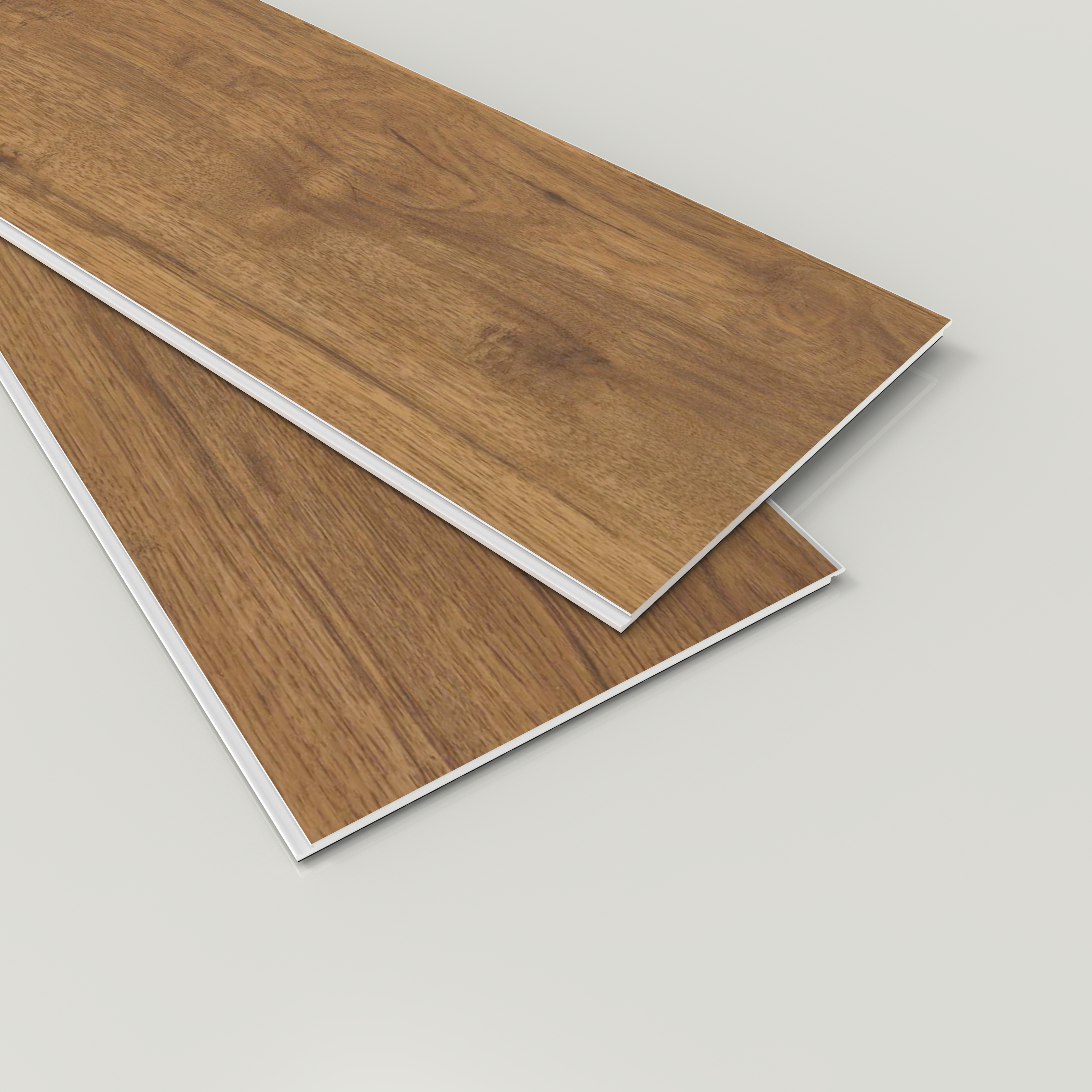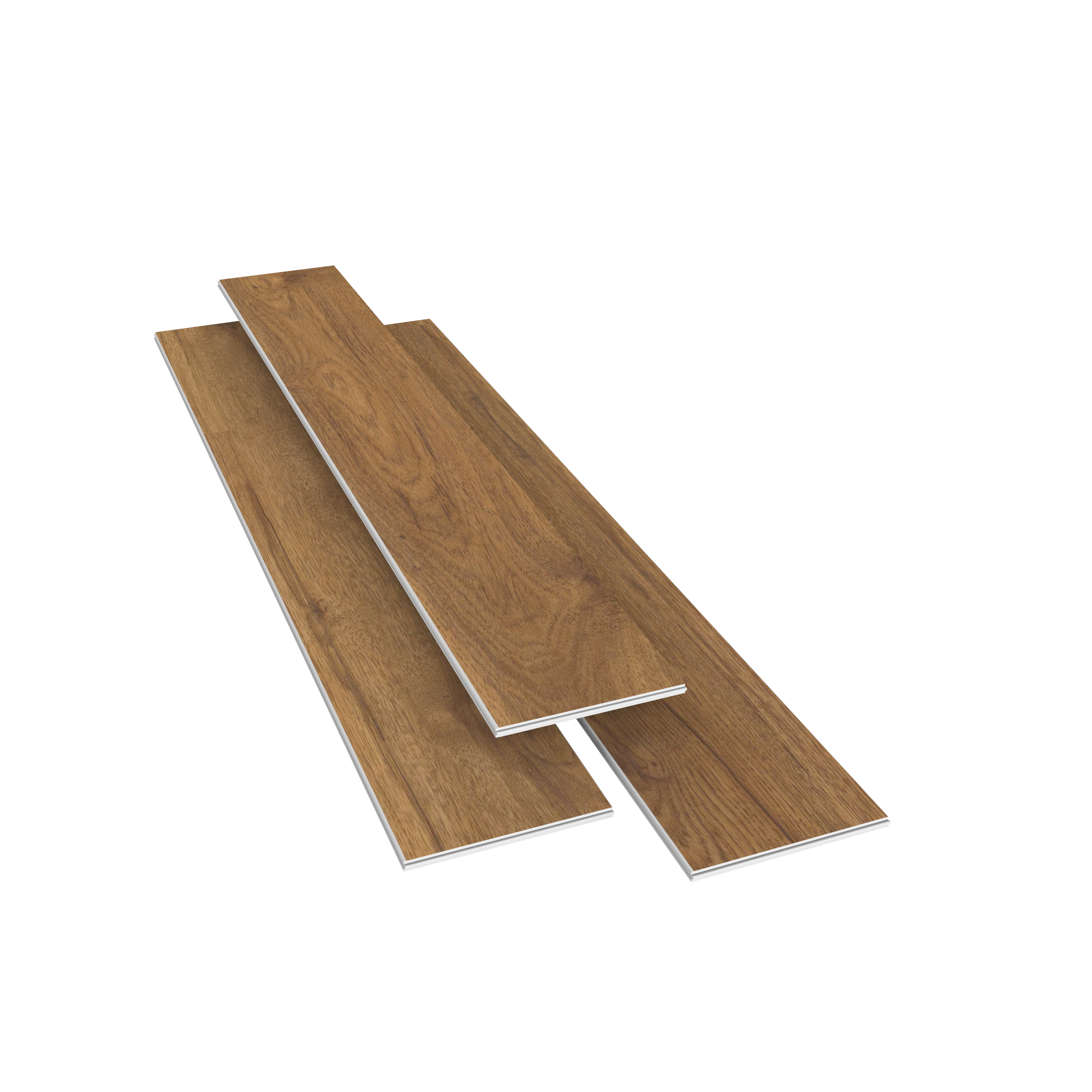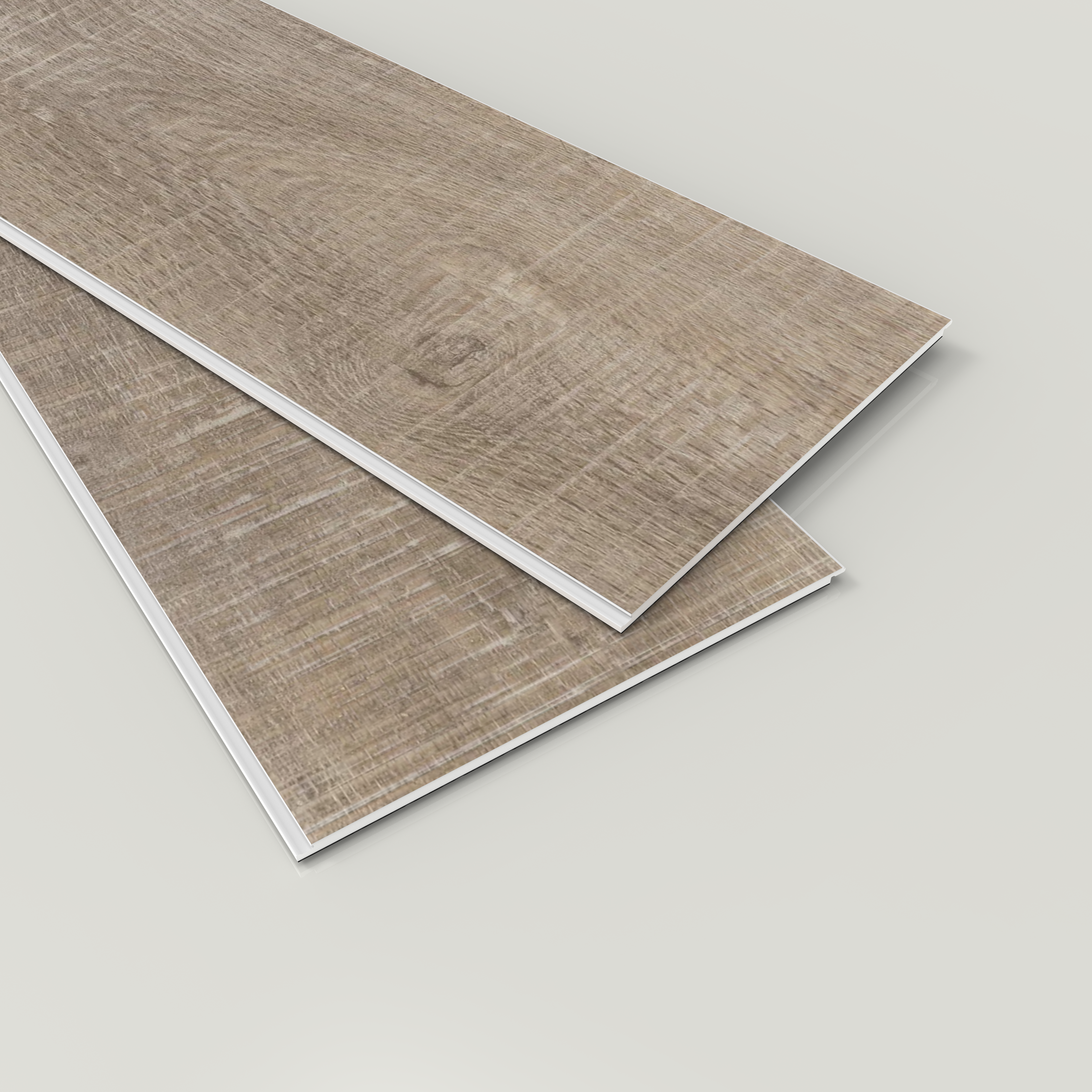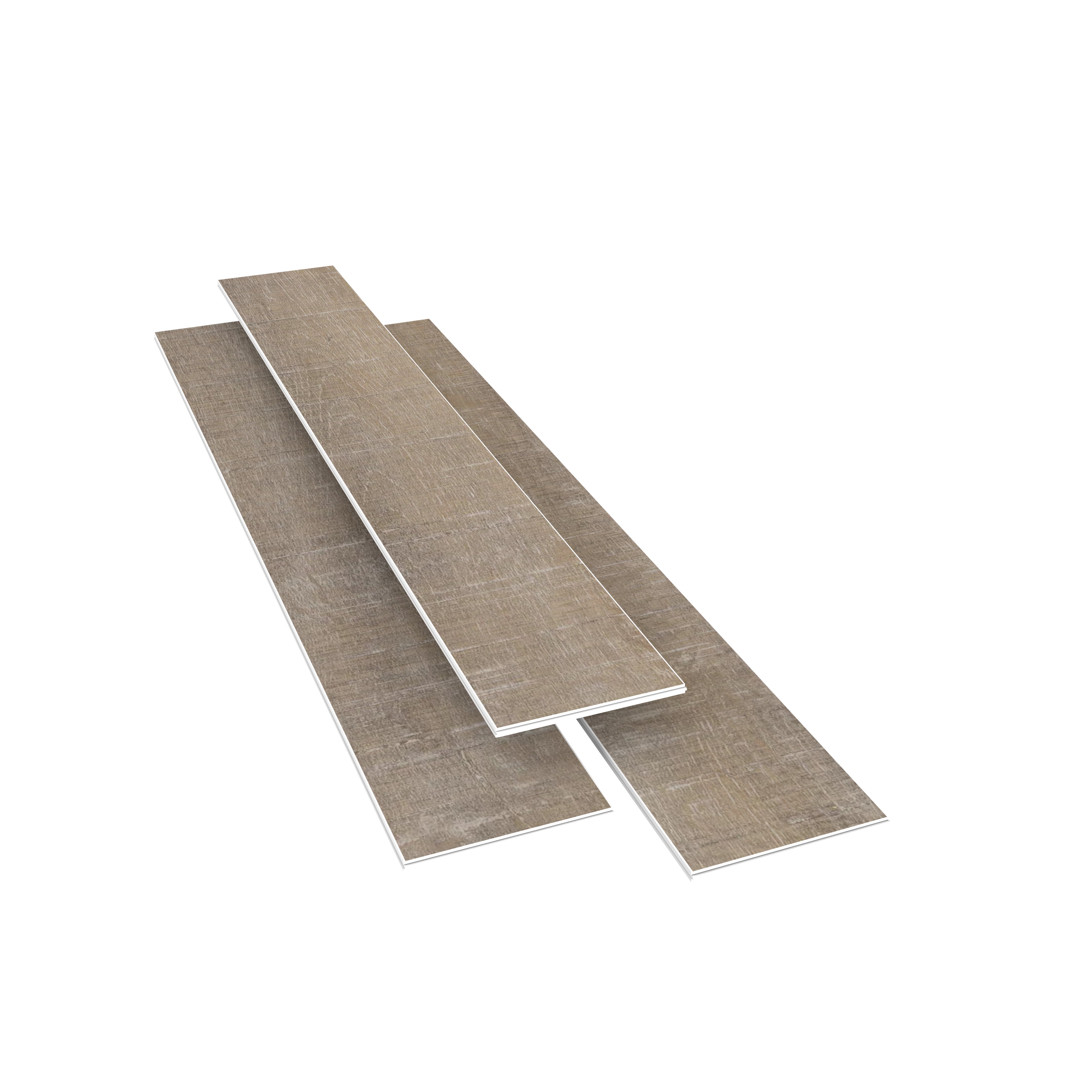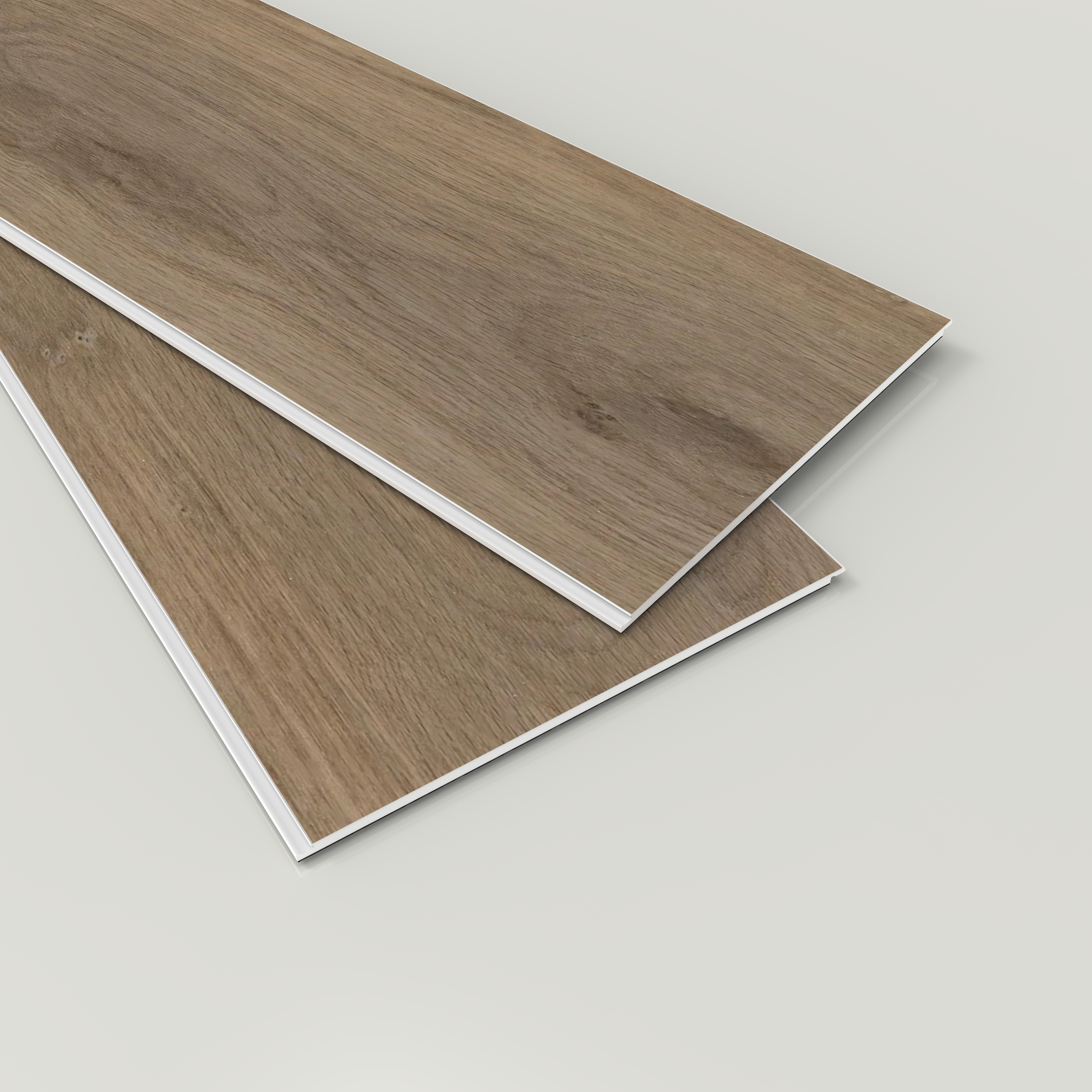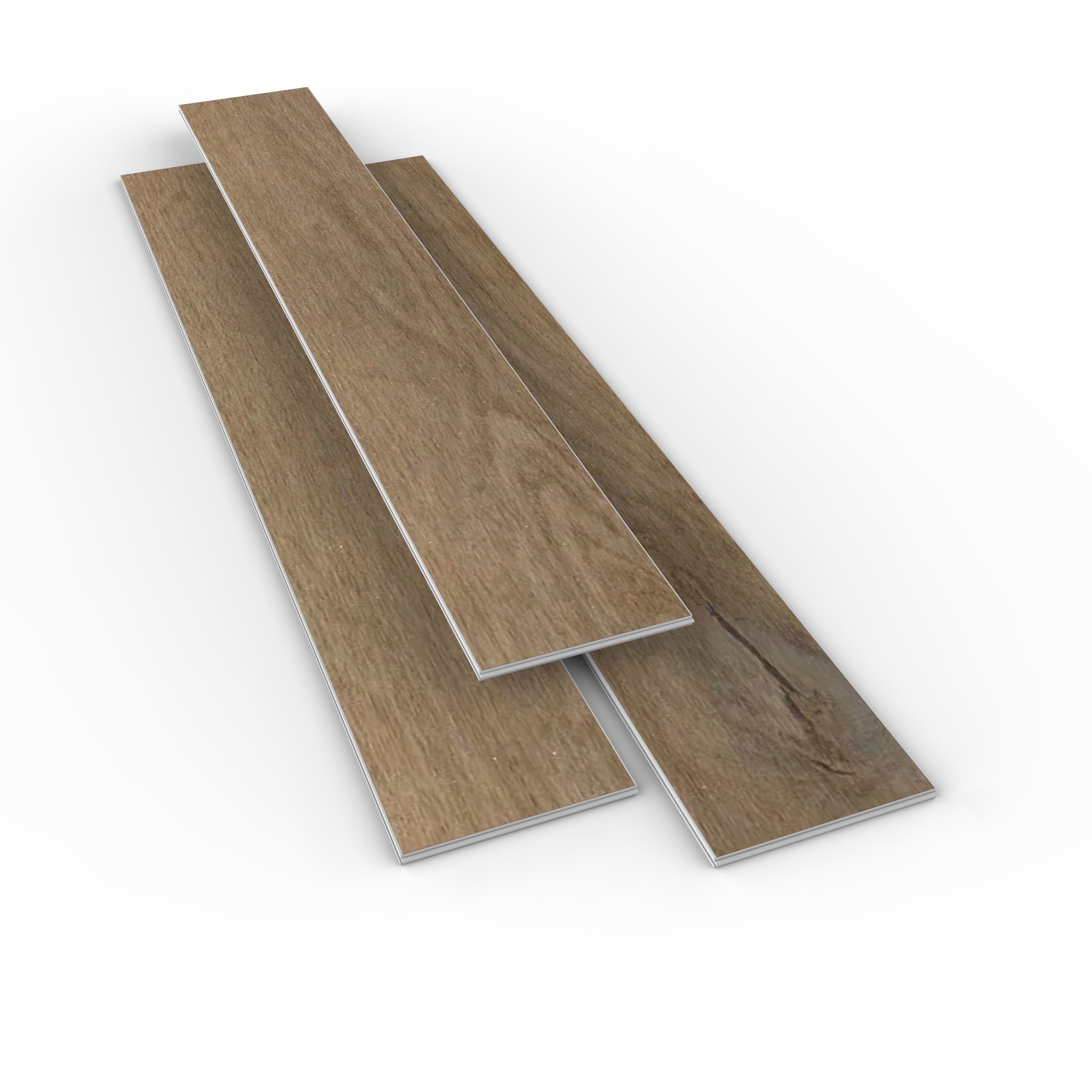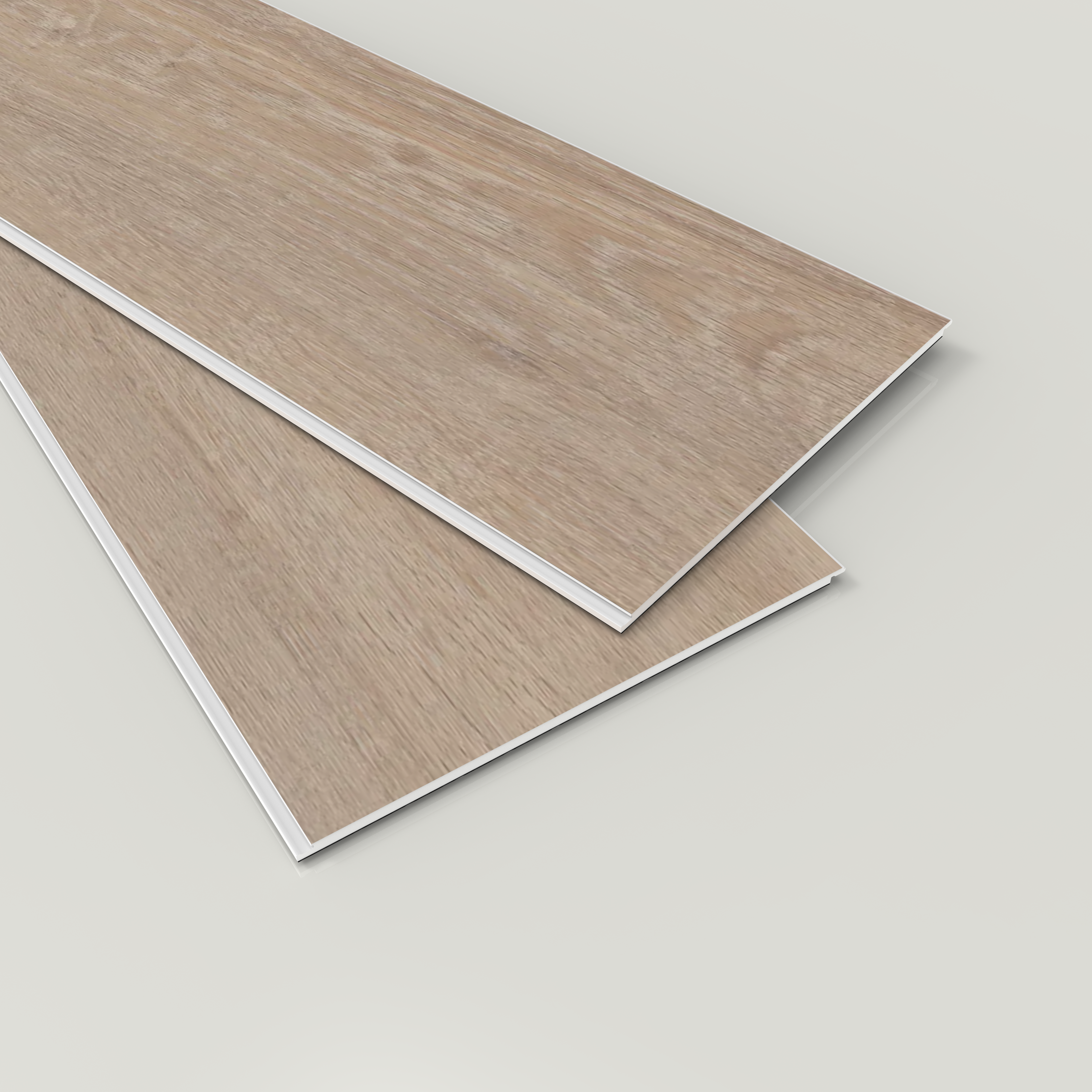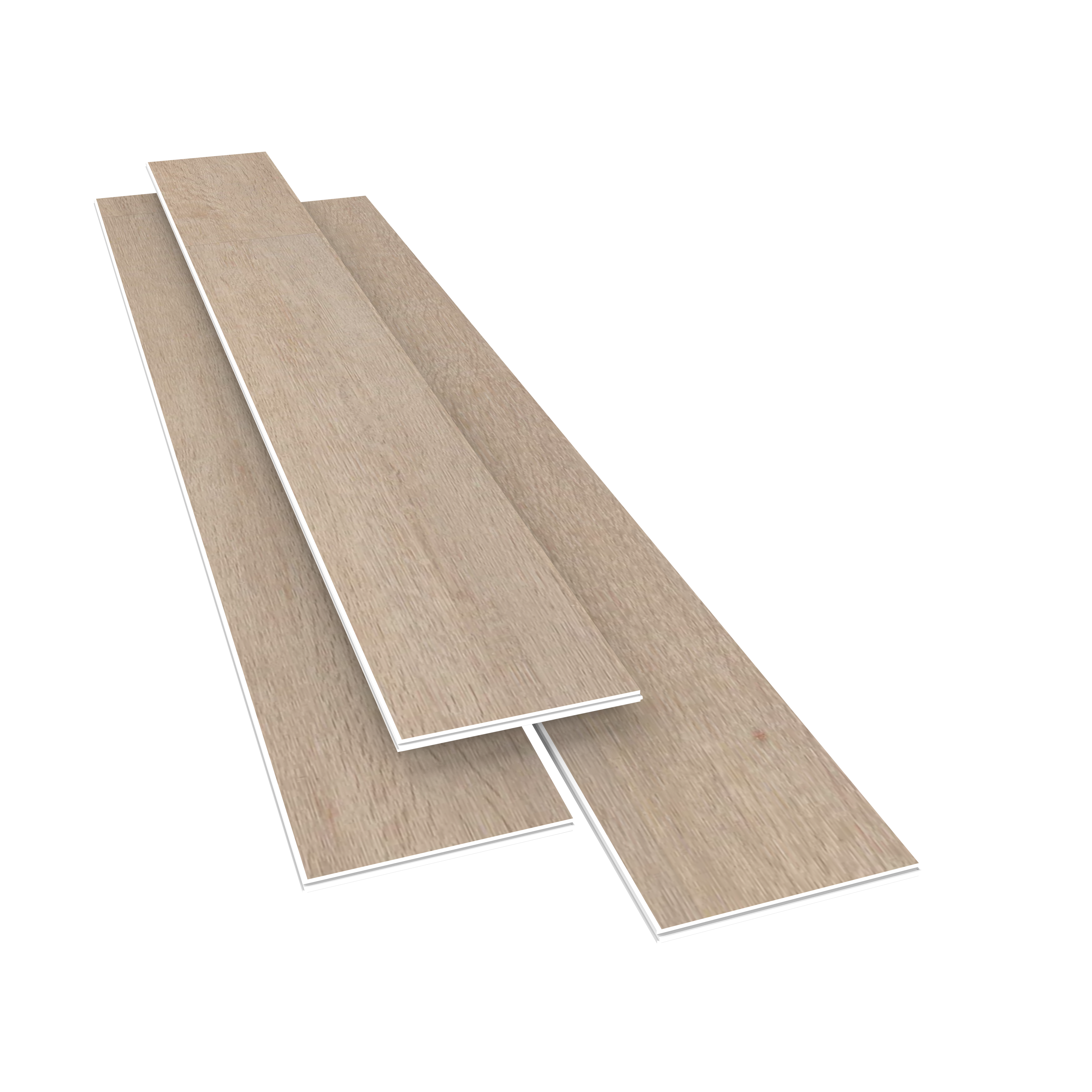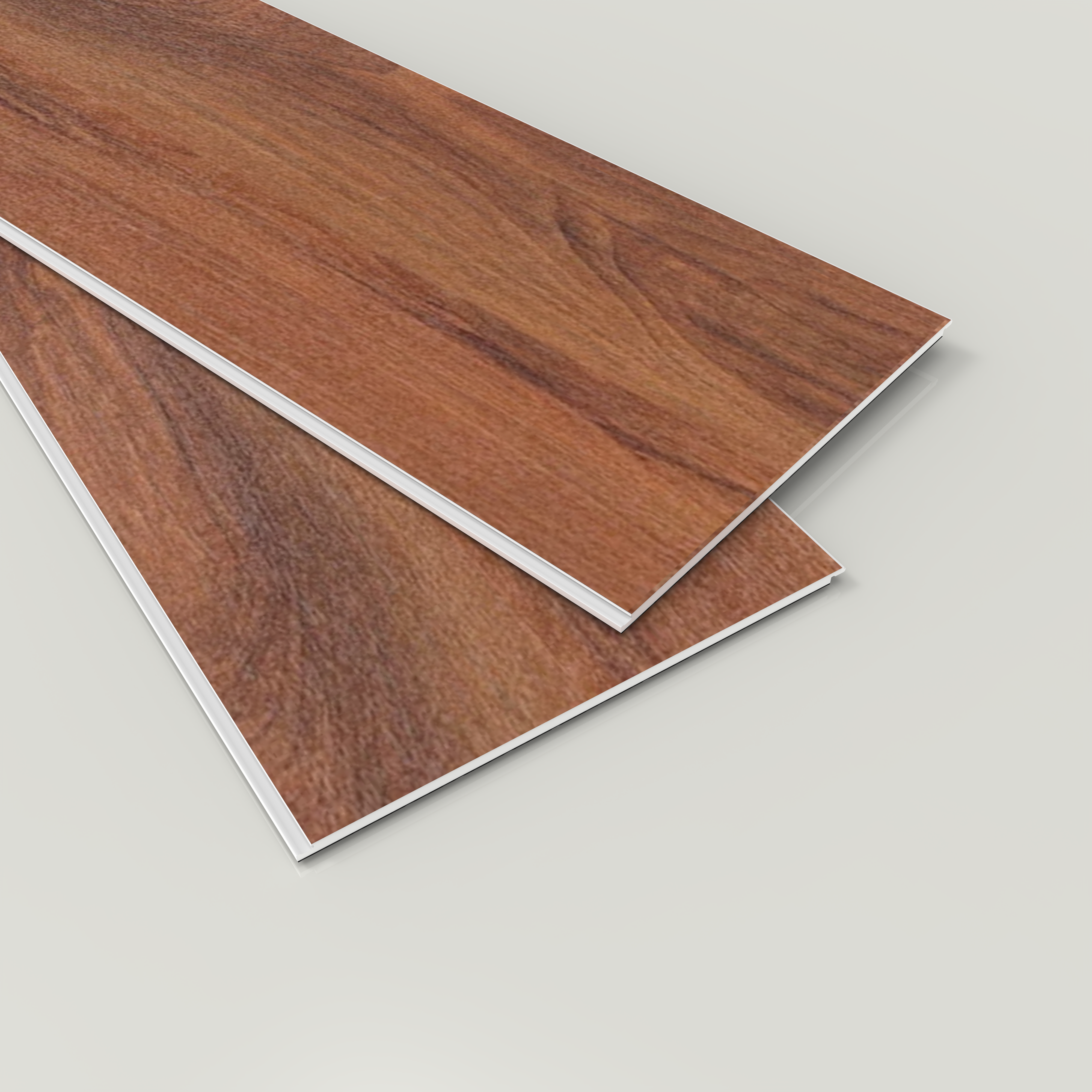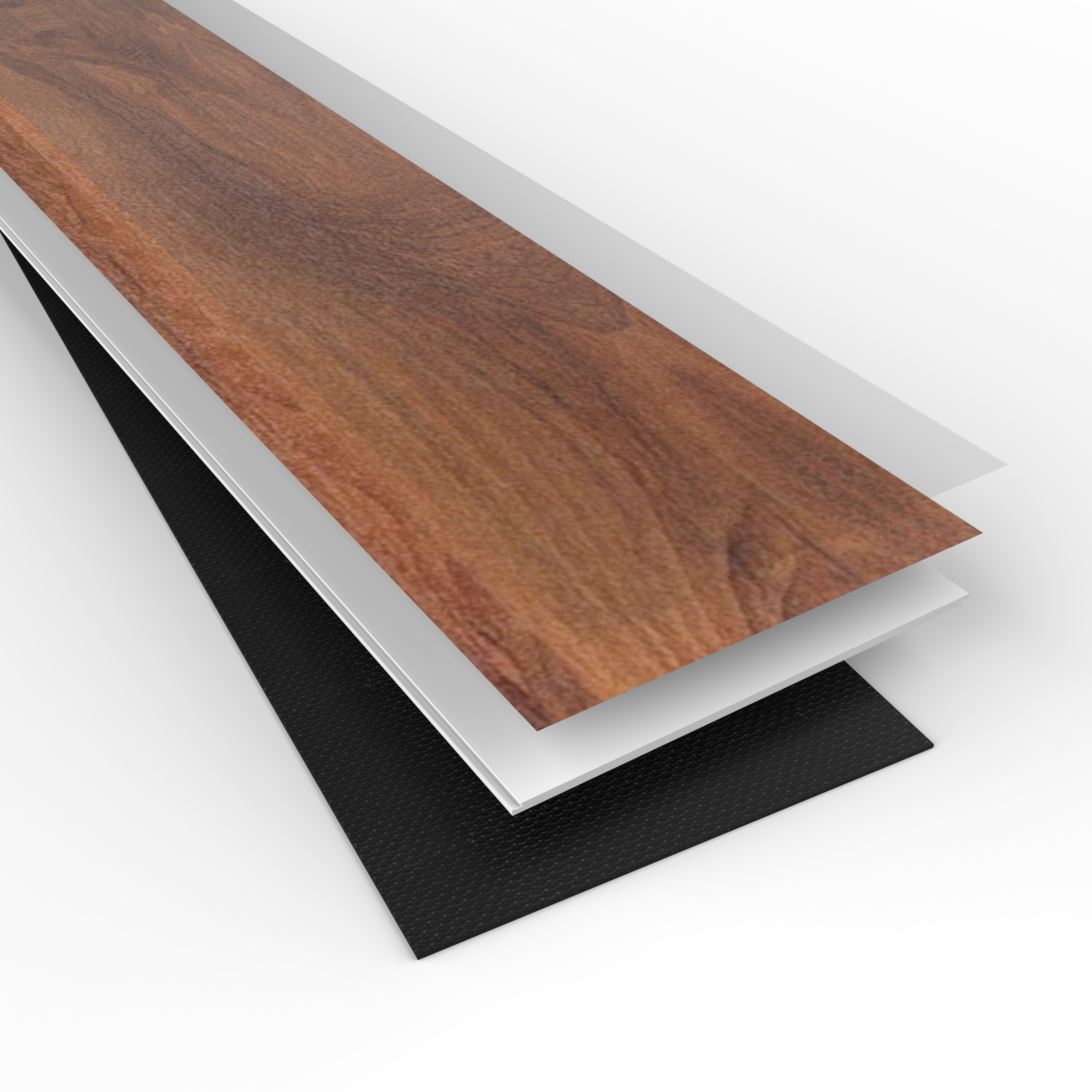

- Featured
- Best selling
- Alphabetically, A-Z
- Alphabetically, Z-A
- Price, low to high
- Price, high to low
- Date, old to new
- Date, new to old
Welcome to Our Bathroom Flooring Collection
It's critical to select the right flooring materials for bathrooms. Because of the high traffic, moisture, and ease of cleaning in this region, the material must be resistant to certain circumstances. Ceramic or porcelain tile is the most common choice for bathroom flooring ideas due to its extended lifespan and water resistance. These materials are offered in a wide range of treatments and styles. They can tolerate the high amounts of humidity found in restrooms.
Types of Bathroom Flooring
1. Vinyl flooring
Waterproof vinyl flooring for bathrooms is perfectly apt for bathroom installation. It is available in a range of designs. It can resemble stone, wood, and other natural materials. It is also very durable and waterproof.
-
Luxury Vinyl Planks (LVP): They're a great alternative to wood flooring. Additionally, vinyl plank bathroom floors are immune to the risk of moisture damage. LVP may be utilized in moist environments. It's both strong and waterproof.
-
Luxury Vinyl Tiles (LVT): LVT provides a substitute that can resemble ceramic or stone tile. It is similar to LVP barring the fact that it comes in tile format. It's also waterproof and durable.
2. Waterproof Laminate Flooring
Waterproof laminates are engineered. They are comparatively recent products on the market. Its edge over others is that it can mimic wood's look. Looking like wood, this waterproof bathroom flooring can withstand moisture. This property qualifies it for usage in bathrooms.
3. Stone Plastic Composite (SPC) Flooring
Stone Plastic Composite flooring has a very durable core. It is made by combining stabilizers with limestone. Its sturdy construction and resistance to water make it an excellent substitute for restrooms.
4. Wood Plastic Composite (WPC) Flooring
WPC blends plastic composites with wood pulp. Because of this, it feels a little softer underfoot than SPC. Additionally, since it is completely waterproof, it is comfortable enough to use in the bathroom.
Why Choose Our Flooring?
-
Superior Durability: Our flooring is made to last, enduring the regular abrasions and strains of bathroom use since it is constructed with premium materials and cutting-edge building procedures.
-
Certified Water Resistance: Our flooring satisfies strict requirements for water resistance, guaranteeing that it efficiently repels moisture and prevents water damage, maintaining the best possible condition for your bathroom floors.
-
Diverse Style Selection: You may choose from a large variety of designs and styles to complement the aesthetic of your bathroom while still being certain to receive high-quality flooring that meets production requirements.
-
Low Maintenance: Designed to be easily maintained, our flooring needs little care. This enables you to maintain spotless bathroom flooring. You just need to stick with basic cleaning procedures.
FREQUENTLY ASKED QUESTIONS
Q: What kind of flooring is ideal for bathrooms?
A: Luxury vinyl and porcelain are common choices. They are strong and can withstand humidity.
Q: How should my bathroom's flooring be chosen?
A: Consider upkeep, water resistance, durability, and aesthetics. Prioritize as per your needs when selecting flooring for your bathroom.
Q: Are bathrooms a good place for laminate flooring?
A: Traditional laminate flooring is not recommended for use in bathrooms. It is susceptible to water damage. However, weatherproof laminate options are available.
Q: What are some pros and cons of tile flooring in bathrooms?
A: Benefits include a broad variety of styles, water resistance, and durability. Drawbacks might include grout upkeep and the chilly feeling underfoot.
Q: How can I waterproof my bathroom floor?
A: To create waterproof bathroom flooring, employ sealer, waterproof underlayment, and proper installation techniques. It is vital to waterproof the floor while working with materials like ceramic tile or natural stone.


